What to make of judge's criticisms of NFL's case against Tom Brady

While U.S. District Judge Richard Berman continues to implore attorneys for the NFL and NFLPA to settle their dispute over Tom Brady’s four-game suspension, the judge has perhaps unintentionally signaled to Brady that he might be better off waiting for a decision.
In court on Wednesday, Judge Berman raised numerous criticisms about the methods used by the NFL to investigate and punish Brady. These criticisms are important because, barring a settlement, Judge Berman will make a decision on whether the NFL’s process and procedures in the Brady matter reflect a lawful application of Article 46 of the league's collective bargaining agreement.
Here are my three key takeaways:
1. Be careful reading into Judge Berman’s questions
Before examining Judge Berman’s concerns about the NFL’s case, it’s worth highlighting several caveats.
Reports: No settlement in latest round of Brady hearings
First, most of Judge Berman’s discussions with attorneys for the NFL and NFLPA have been behind closed doors and not open to the public. We do not know whether his tone and areas of interest are different in those confidential discussions. It is conceivable that Judge Berman is markedly more critical of the NFLPA’s case without the media present. Perhaps Judge Berman wants the media to hear his disgust with the NFL’s methods because he reluctantly believes that he’s obligated to rule for the NFL. Remember, under federal law, Judge Berman is compelled to accord Goodell, as the arbitrator, high deference. Judge Berman may ultimately feel bound to rule in a way that he would rather not. In the meantime, perhaps Judge Berman wants to express numerous grievances about the NFL’s system of justice so that the media remembers them when his decision is rendered.
Second, judges sometimes play the role of devil’s advocate, where they seem critical of one side but in fact are inclined to agree with that side and are only testing themselves as to why they agree. It is possible that Judge Berman wants to exhaust every weakness in the NFL’s case before he’s willing to accept it.
Third, judges’ questions are not always predictive of how they’ll rule. It is not unusual for attorneys to complain that they thought they would win a case based on the judge’s apparent sentiments during oral arguments, only to unexpectedly lose when the written order was published. Judges can be very hard to predict. This could prove true of Judge Berman in Brady v. NFL.
2. With that caveat out of the way, Judge Berman seems very dissatisfied with how the NFL investigated and punished Brady
Published reports of Judge Berman’s remarks on Wednesday reveal a judge deeply perplexed by the NFL’s system of justice. Most notably, Judge Berman sharply questioned why the NFL refused to let Brady’s legal team ask questions of NFL general counsel Jeffrey Pash during Brady’s appeal on June 23. Remember, Pash edited the so-called “independent” report authored by attorney Ted Wells, whom the NFL had hired to investigate the Deflategate controversy. Pash’s role in the Wells Report—the key source of information used by Goodell to punish Brady—made Pash a potentially crucial witness in Brady’s appeal. Judge Berman went so far as to warn the NFL that an arbitration award can be vacated if a key witness was made unavailable in an arbitration hearing.
The significance of Judge Berman’s commentary about Pash’s availability is that it cuts to the lawfulness of the NFL’s process—the very issue that lies at the heart of the legal dispute over Brady’s suspension. Last week Judge Berman openly wondered why the NFL would conclude that Brady played some role in deflating footballs when there is no direct evidence of Brady’s involvement. Those comments attracted headlines, but Judge Berman’s critique today should be far more worrisome for the league: It specifically concerns process, rather than facts or evidence. If Judge Berman concludes that the NFL’s process in investigating and punishing Brady was fundamentally unfair, he would be inclined to rule for Brady.
Breaking down Brady's incendiary filing in federal Deflategate case
Judge Berman highlighted other perceived problems about how the NFL went about punishing Brady. The judge was especially baffled why Goodell would compare Brady’s possible knowledge of a scheme involving the air pressure in footballs—an equipment issue—to the use of drugs and steroids. Recall that in his decision upholding the suspension, Goodell wrote, “In terms of the appropriate level of discipline, the closest parallel of which I am aware is the collectively bargained discipline imposed for a first violation of the policy governing performance enhancing drugs; steroid use reflects an improper effort to secure a competitive advantage in, and threatens the integrity of, the game.” As attorneys for the NFLPA have insisted in their pleadings, NFL rules dictate that first-time offenses of equipment violations—even those that “affect the integrity of the competition and can give a team an unfair advantage”—only result in fines. Also, the NFL’s rules on drugs and steroids are part of a separate policy from Article 46 and its “conduct detrimental” language. Here again Judge Berman seemed dissatisfied with the NFL’s process: Goodell’s choice of analogy is vulnerable to being deemed irrelevant and inconsistent.
Further, Judge Berman raised questions about the legal relevance of Brady’s alleged “general awareness” of a ball deflation scheme prior to the AFC Championship Game. The judge concluded that “general awareness,” a phrase used by Wells in his report to conclude that Brady was probably at fault but a phrase not contained in any collectively bargained policy, was inapplicable. While Judge Berman could still find that Goodell possessed other grounds to punish Brady, his remarks underscore the vulnerability of the NFL to a key process argument: the rationales and policies used to punish Brady have arguably changed.
3. Settlement seems like a long shot, but after today, the NFL might want to offer Brady a better deal
As I wrote ahead of Wednesday's hearing, the NFL and NFLPA seem unlikely to settle. It’s possible, however, that Judge Berman’s critical remarks about the NFL’s process could cause the league to back off its apparent insistence that Brady admit to participating in a ball deflation scheme. Brady has little incentive to make such an admission. For starters, he insists that he is innocent. He would also potentially commit perjury by admitting to participating in a scheme that, while previously under oath, he denied. Lastly, after today Brady is probably more confident than ever that Judge Berman will rule in his favor.
That said, if the NFL offers Brady a deal in which he is only required to admit to being less cooperative than he could have been—without admitting to any role in or knowledge of football deflation—Brady might take it, especially if the accompanying penalty is only a fine.
Report: Tom Brady will only consider suspension without guilt admission
Some may wonder why Brady would settle if he did nothing wrong and if Judge Berman seems to favor his case. They can also point out that Brady’s level of cooperation was good enough for Wells to testify that he did not think Brady should have been punished for non-cooperation. Yet there are at least three reasons why a settlement might still work for Brady.
First, as explained above, Judge Berman’s critical statements about the NFL do not necessarily mean he will rule against the NFL. To reiterate, one can never be be certain what a judge us actually thinking.
Second, a settlement is a compromise that requires give and take. Typically the parties to a settlement are not elated with it, but both can live with it. Brady would need to offer something to the NFL to convince it to settle, or else the league would roll the dice with Judge Berman and, potentially, a three-judge panel on the U.S. Court of Appeals for the Second Circuit.
Third, a settlement would provide Brady with closure. Don’t underestimate the value of putting an end to a miserable experience as litigation tends to be for parties. Deflategate would be over. Brady could return his entire focus to football and getting ready for the season. If the only tradeoff for Brady is an admission that he was not fully cooperative and if the penalty is merely a fine or even a one-game suspension, it might make sense for Brady to take it.
Along those lines, let’s suppose there is no settlement and that Judge Berman rules in Brady’s favor by vacating the four-game suspension. There would be euphoria in New England, but the legal controversy would not be over. Judge Berman would only be vacating the actual arbitration award—Goodell’s decision to uphold the four-game suspension. It’s possible the NFL could conduct another hearing to review Brady’s four-game suspension, although clearly Goodell would not be the presiding officer for that second NFL hearing. In this scenario, Brady would be able to play as usual, but a second NFL hearing would be looming over his head. NFLPA attorney Jeffrey Kessler has asked Judge Berman to take possibility of a second NFL hearing off the table, but it’s not clear that Judge Berman would go along with such a stipulation.
The Most High-Profile Suspensions in American Sports History
Hope Solo (2015)
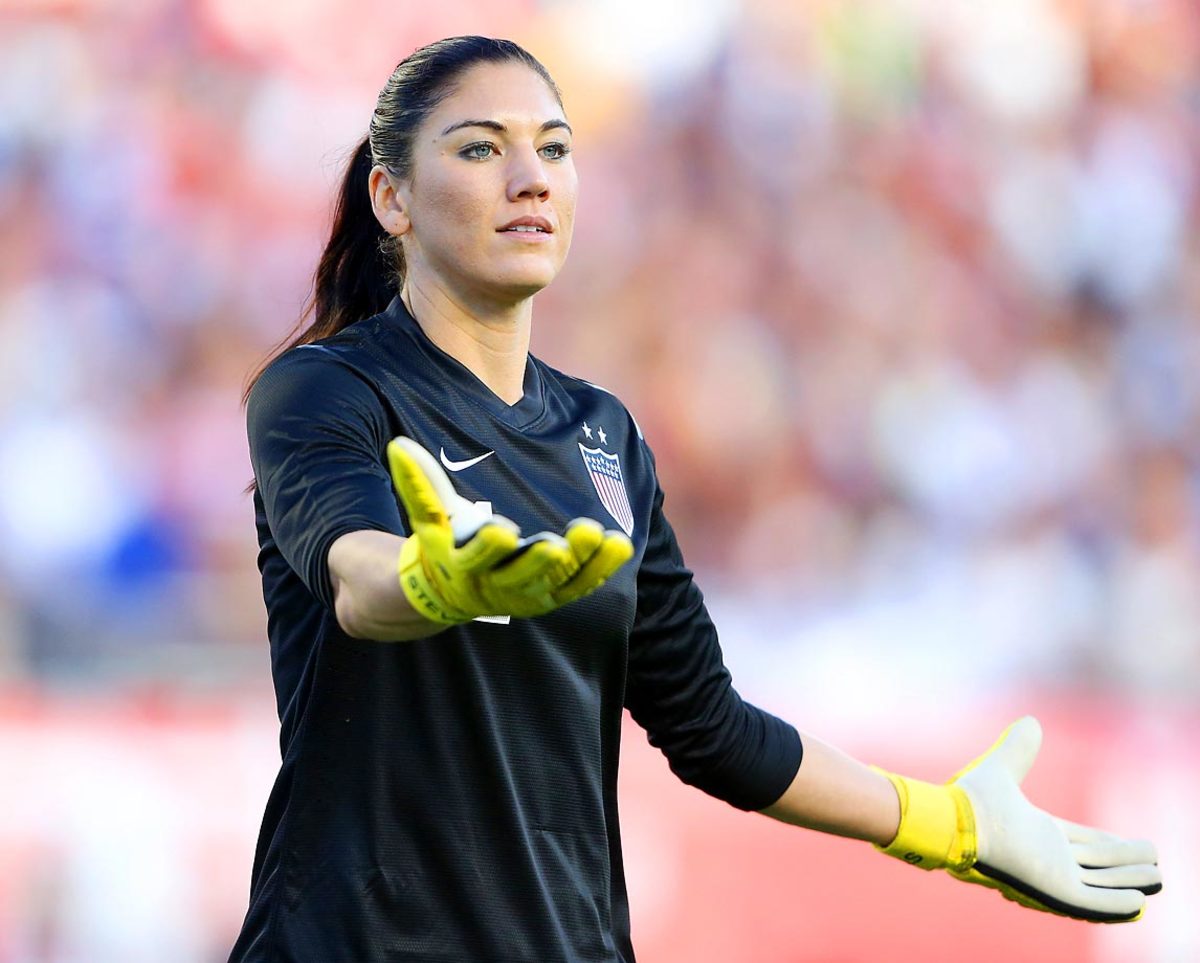
CAPTION: Hope Solo, the goalie of the USWNT, was suspended for six months in late August 2016, following her comments at the Summer Olympics when she called the Swedish players “cowards” for their defensive style in eliminating the U.S. in the quarterfinals. She joins a long list of high-profile athletes who were suspended during their careers.
Draymond Green (2016)
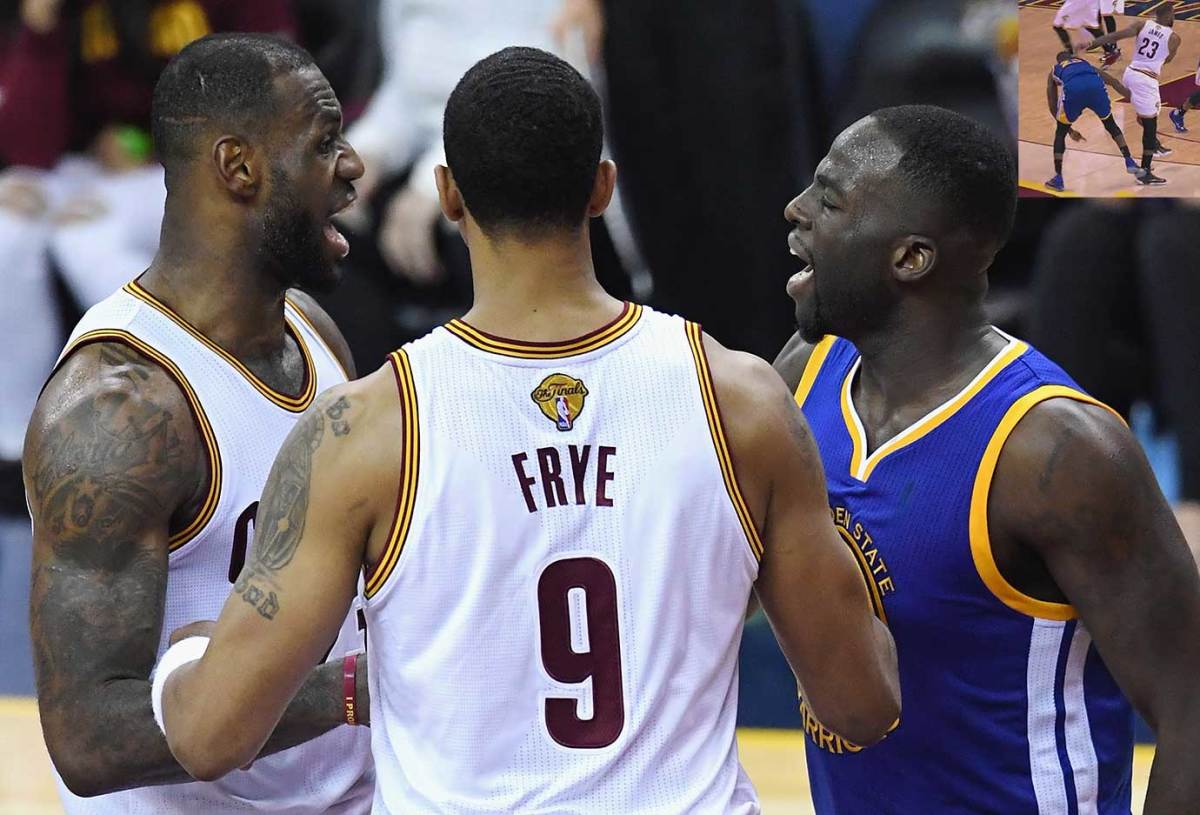
Golden State power forward Draymond Green (right) was suspended for Game 5 of the 2016 NBA Finals after he appeared to have hit LeBron James in the groin area in Game 4.
Rougned Odor (2016)
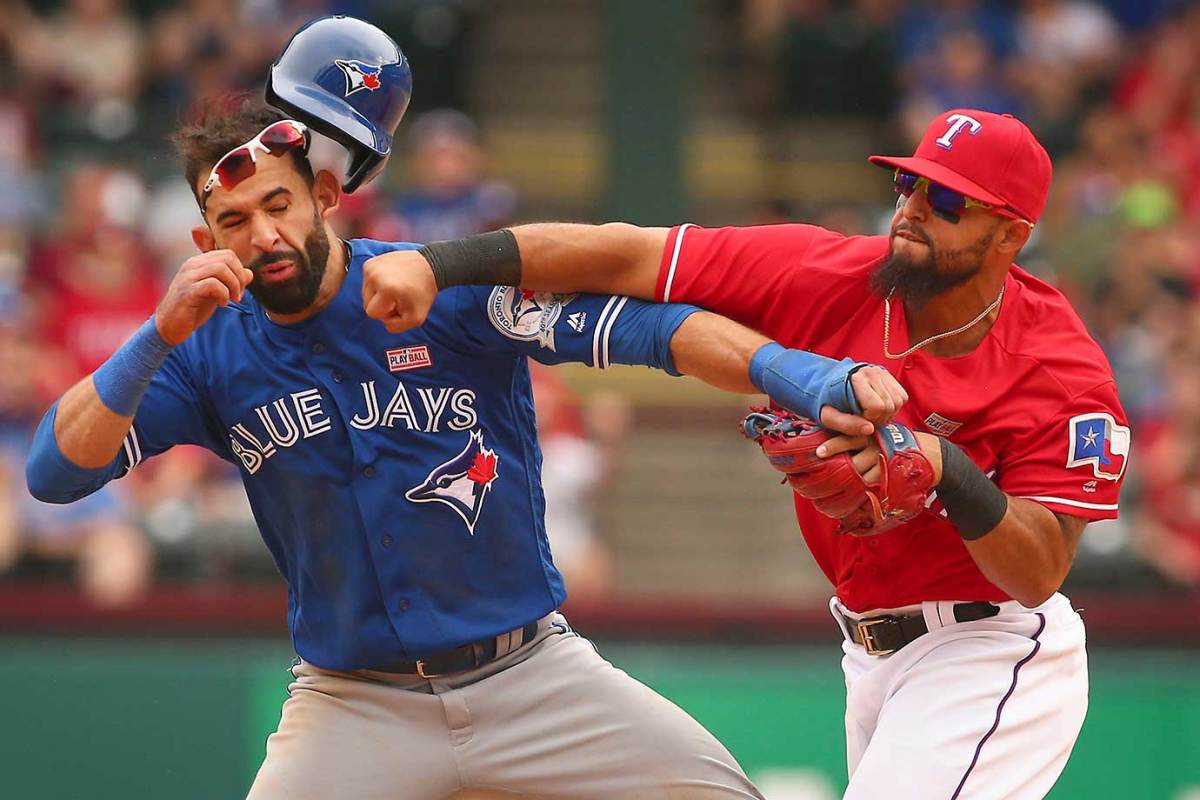
Rougned Odor (right) of the Texas Rangers received a seven-game suspension and Jose Bautista a one-game ban on the heels of their May 15, 2016, fight in Arlington, Texas.
Tom Brady (2016)
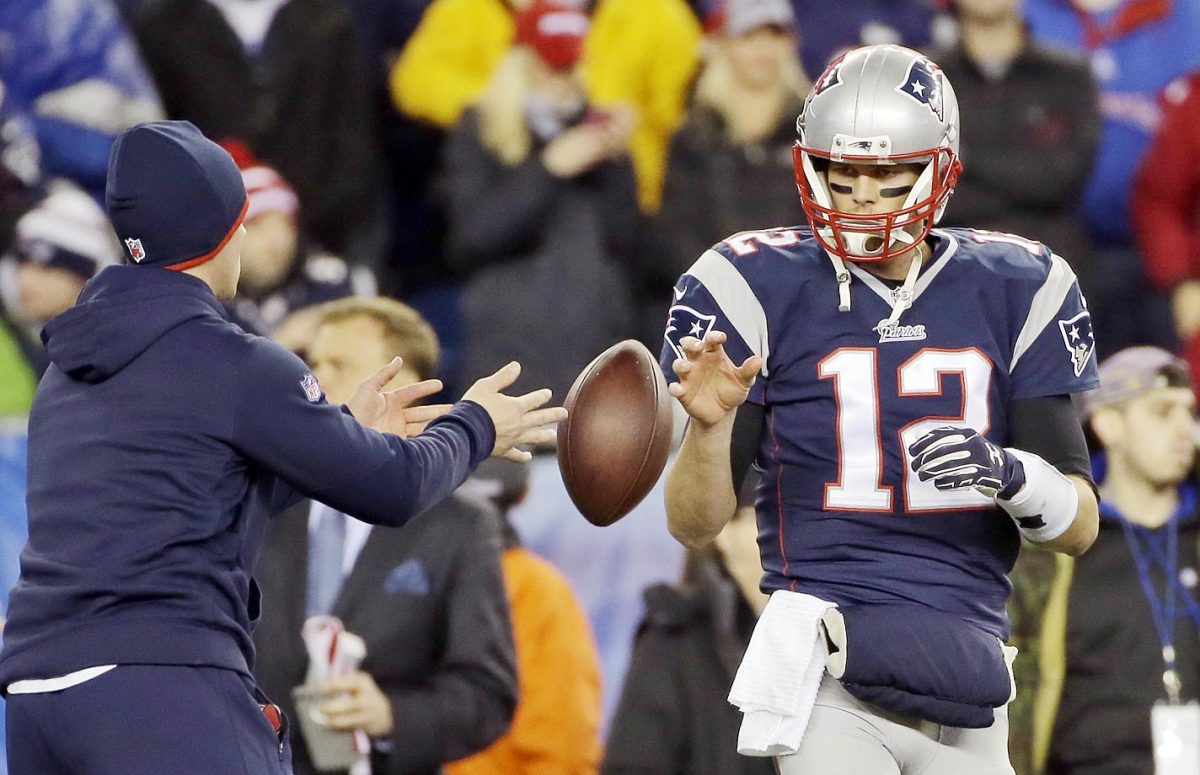
A United States appeals court reinstated Tom Brady's four-game suspension on April 25, 2016, which the NFL originally handed down for his alleged role in a scheme to deflate footballs before the AFC Championship Game on Jan. 18, 2015.
Adrian Peterson (2014)
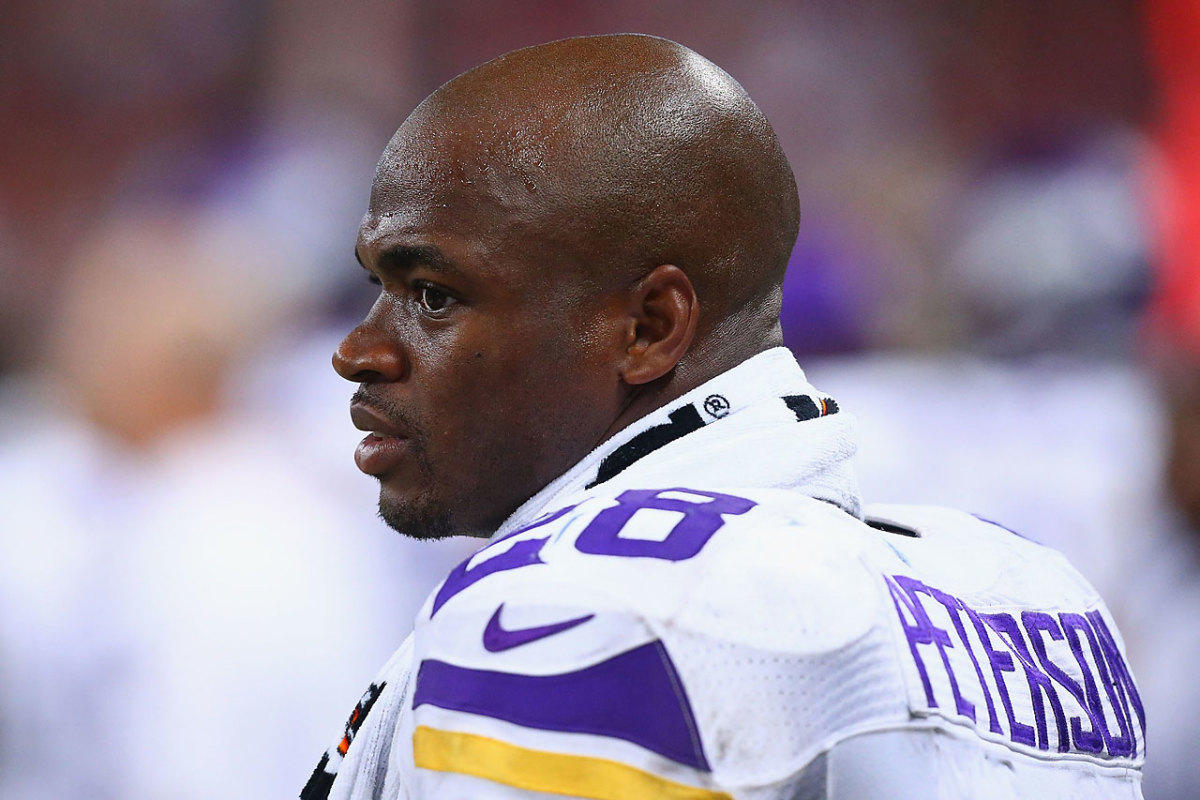
The Minnesota Vikings running back was suspended for the final 15 games of the 2014 season after it was learned he had disciplined his 4-year-old son by hitting him with a wooden switch.
Sidney Crosby (2015)

The Penguins captain was handed a one-game ban by the NHL for declining to participate in the 2015 All-Star Weekend festivities in Columbus. Crosby claimed to have a lower-body injury. The league, which requires all high-profile hands to be on deck for such events, did not believe him.
Jon Jones (2015)
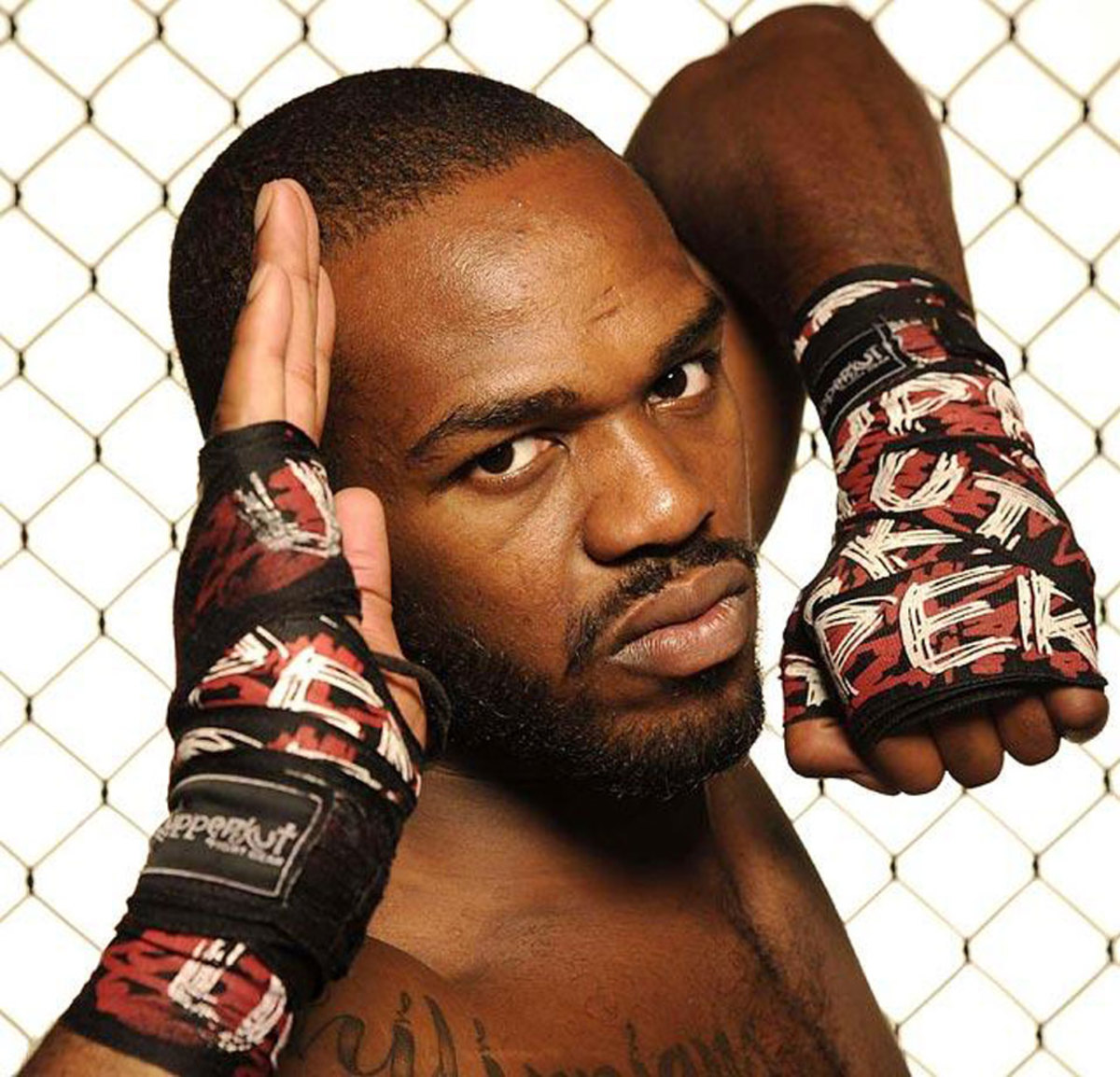
The UFC suspended its light heavyweight champion indefinitely in the wake of his arrest for a hit-and-run accident in April 2015. Roughly an hour before the suspension was reported, Jones tweeted his remorse for his actions recently, saying he was "sorry to have let everyone down."
Kurt Busch (2015)
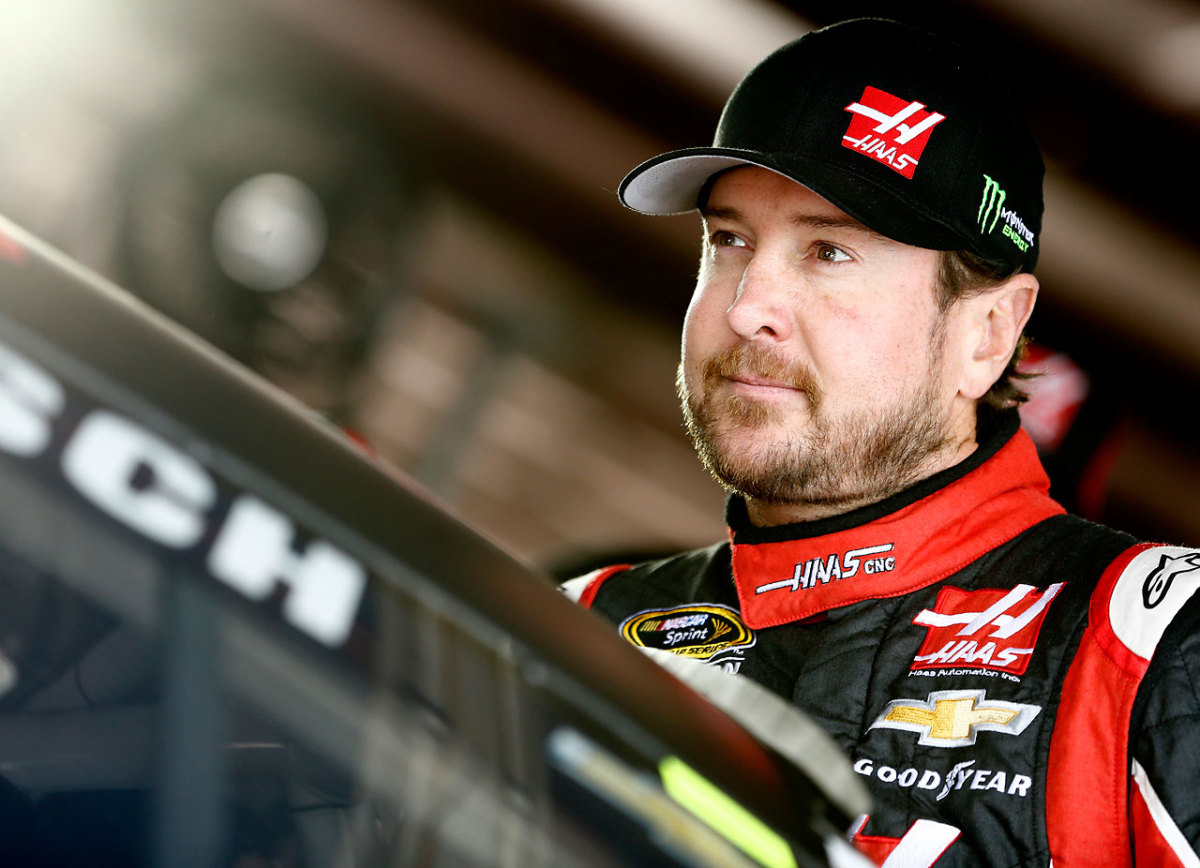
NASCAR suspended the driver indefinitely for conduct detrimental to stock car racing when a judge ruled he probably choked and beat a former girlfriend in fall 2014. It was Busch’s third career suspension. He was banned the final two races of 2005 after being pulled over by police in Arizona and in 2012 he sat out a race after threatening a reporter.
Michael Phelps (2014-15)
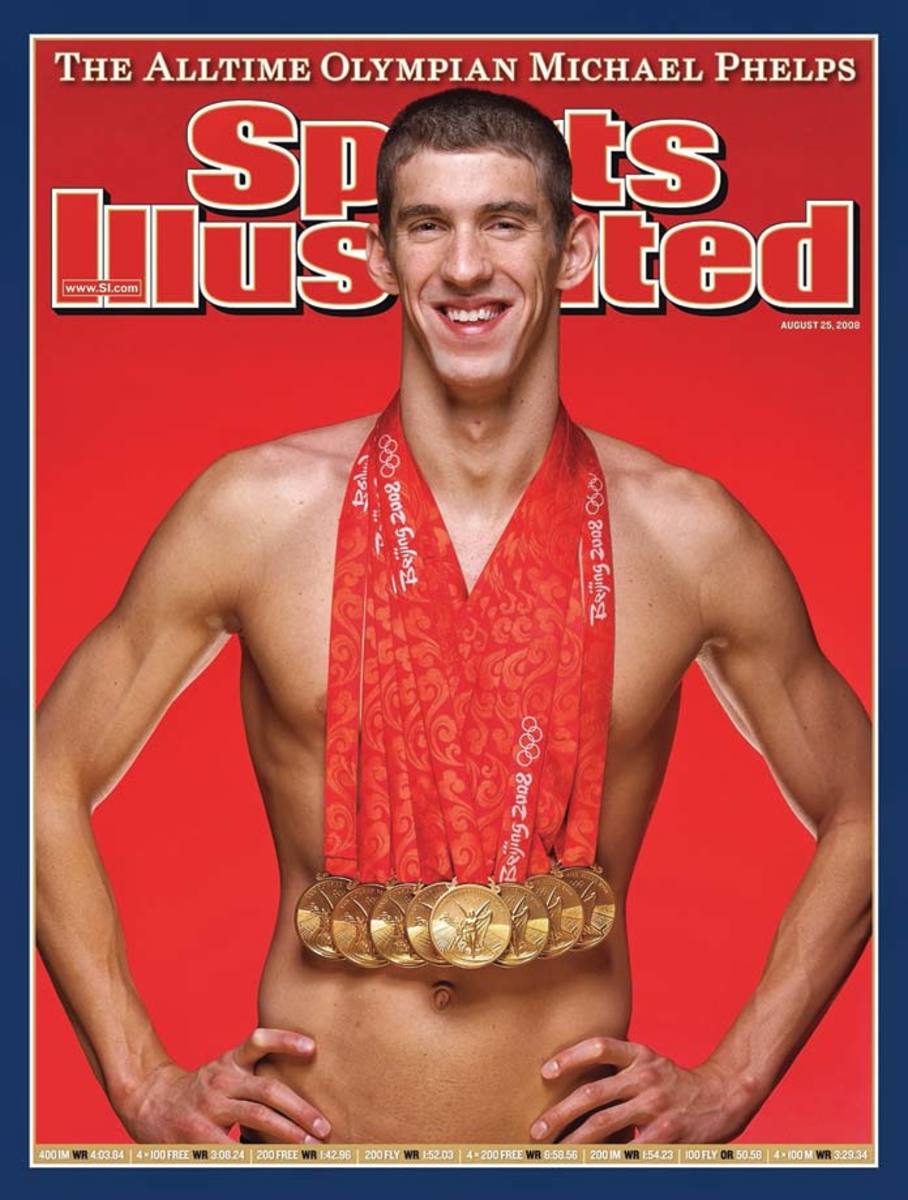
The most decorated Olympian in history picked up a six-month suspension from USA Swimming in October 2014 after being arrested for driving under the influence in Baltimore. Phelps is back swimming this summer, hoping to earn another Olympics berth in 2016.
Alex Rodriguez (2014)
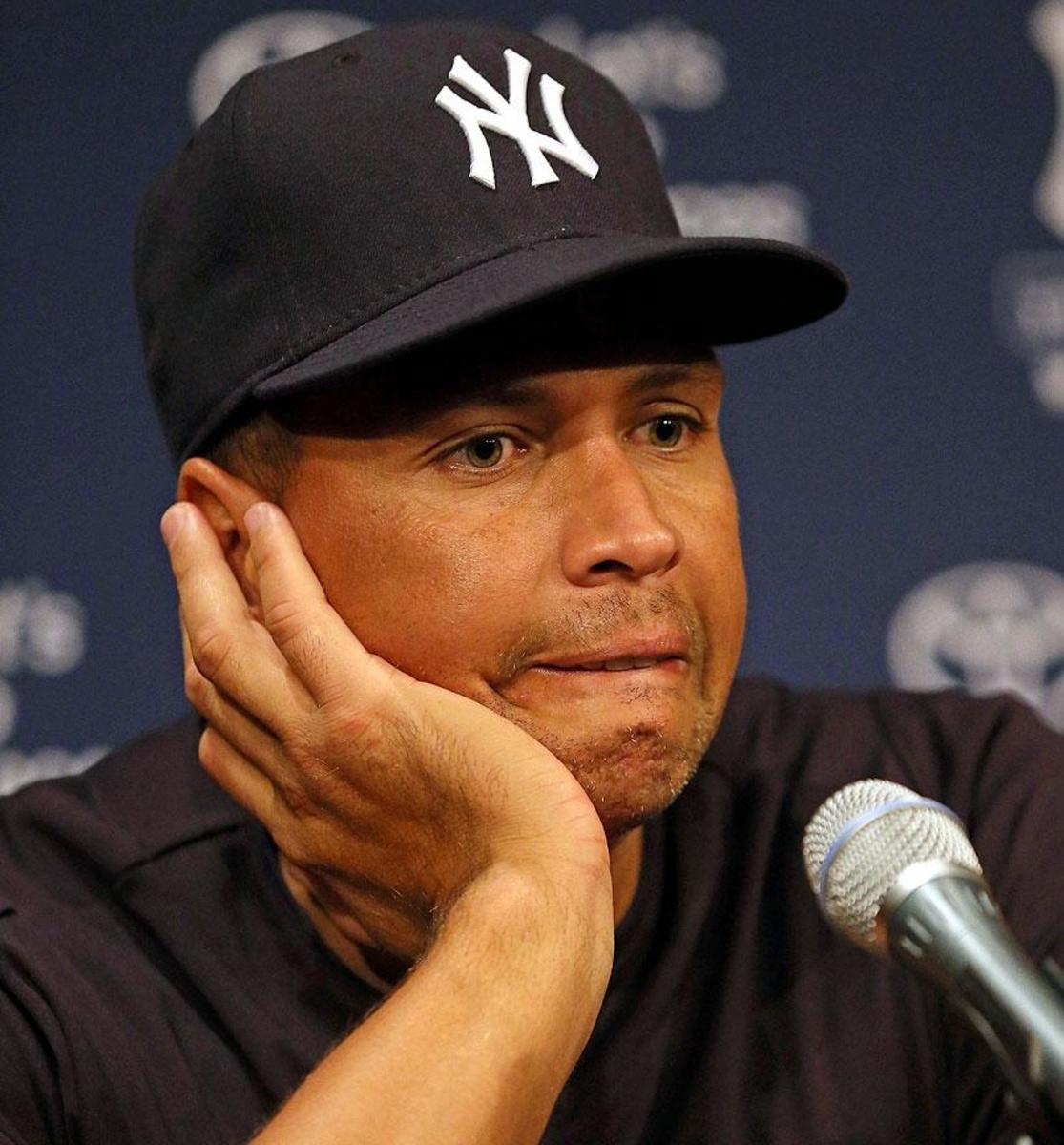
A-Rod missed the entire 2014 season following his suspension for using banned drugs “over the course of multiple years” and attempting to cover up his use.
Maria Sharapova (2016)
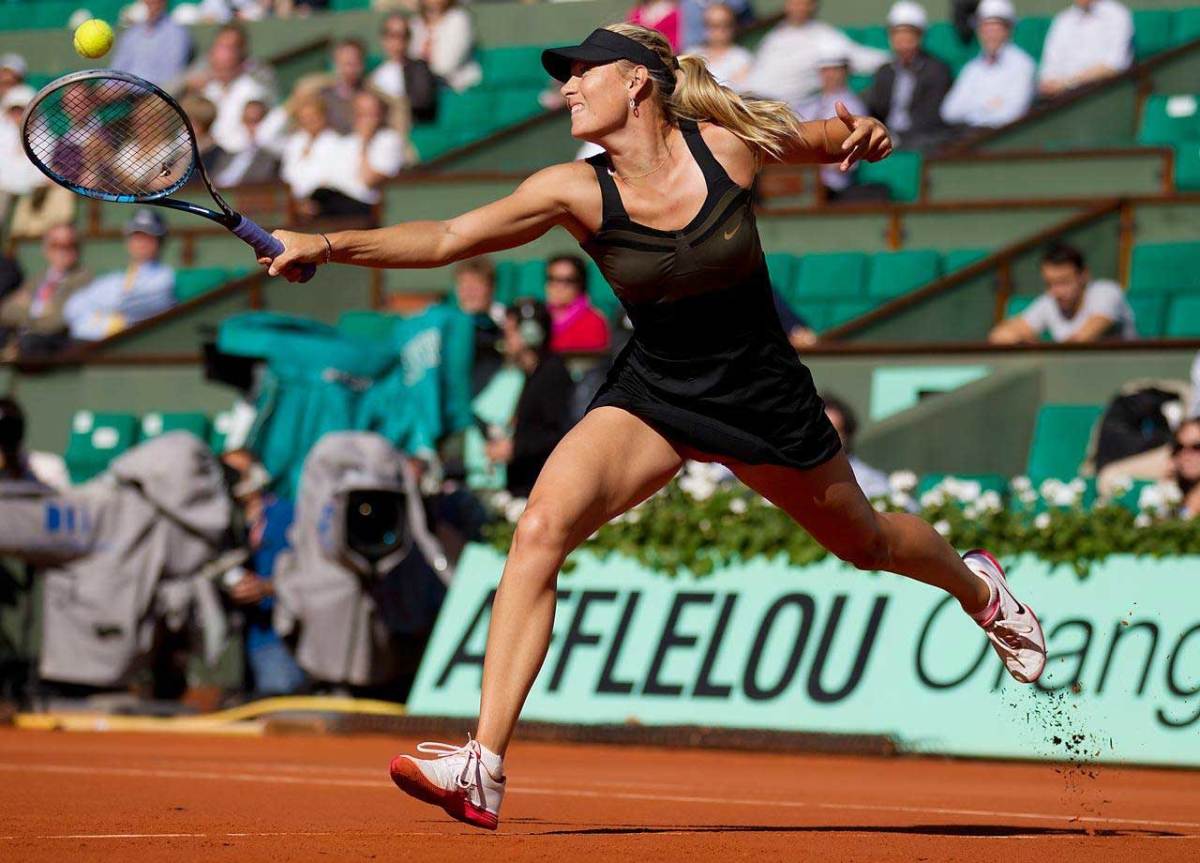
Maria Sharapova was provisionally suspended for testing positive for meldonium doping. She could face a ban as long as four years.
Alex Ovechkin (2012)
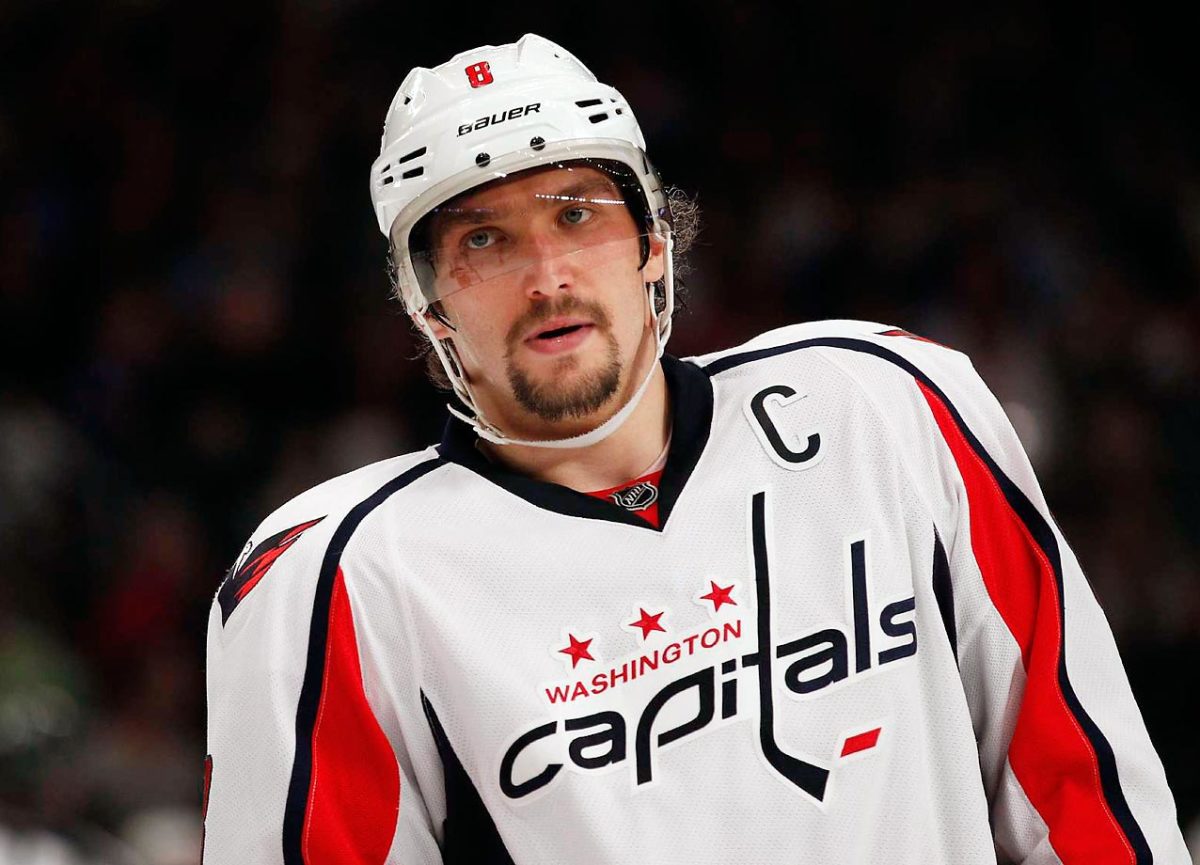
A hit on Pittsburgh’s Zbynek Michalek that the NHL deemed “reckless” resulted in a three-game suspension for the Capitals superstar in January 2012. The ban was Ovechkin’s third in the span of three seasons for delivering dangerous, illegal blows.
Lance Armstrong (2012)
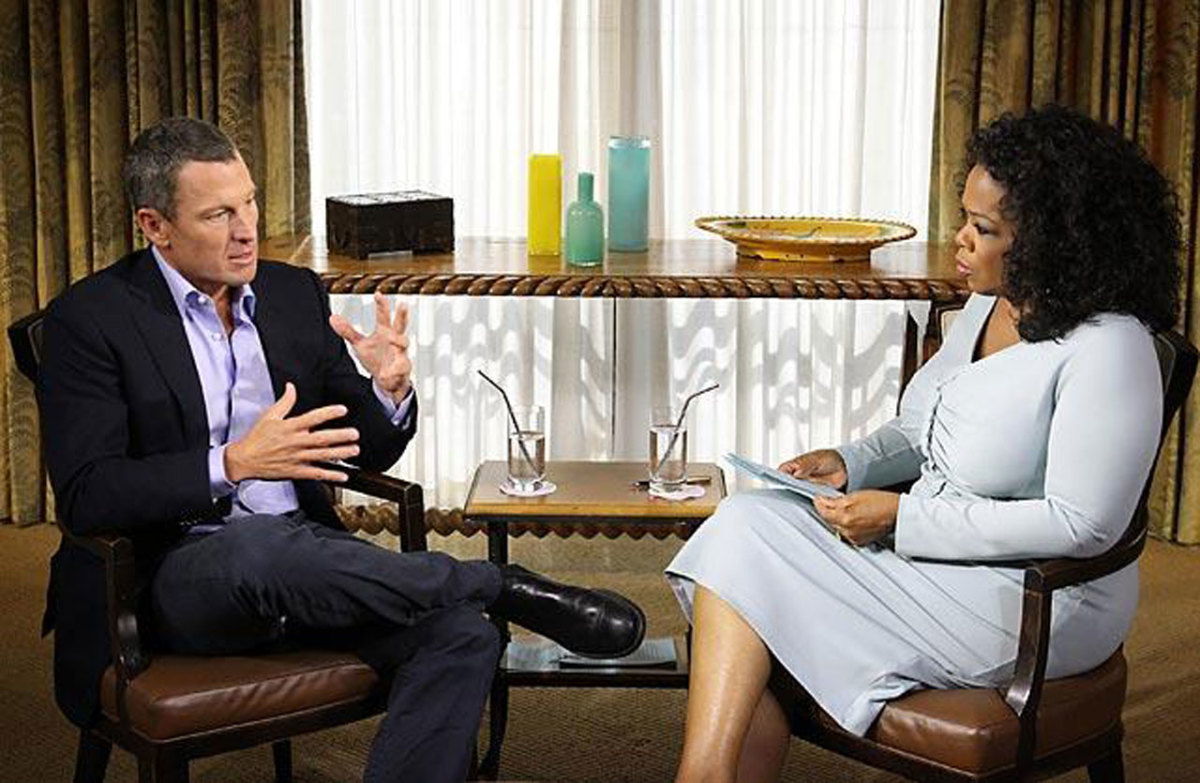
The seven-time Tour de France champion received a lifetime suspension after the U.S. Anti-Doping Agency and World Anti-Doping Agency ruled he had used banned drugs throughout his career, often ordered teammates to do the same and had covered up all the illegal activity. He was stripped of his seven French titles.
Ndamukong Suh (2011, 2014)
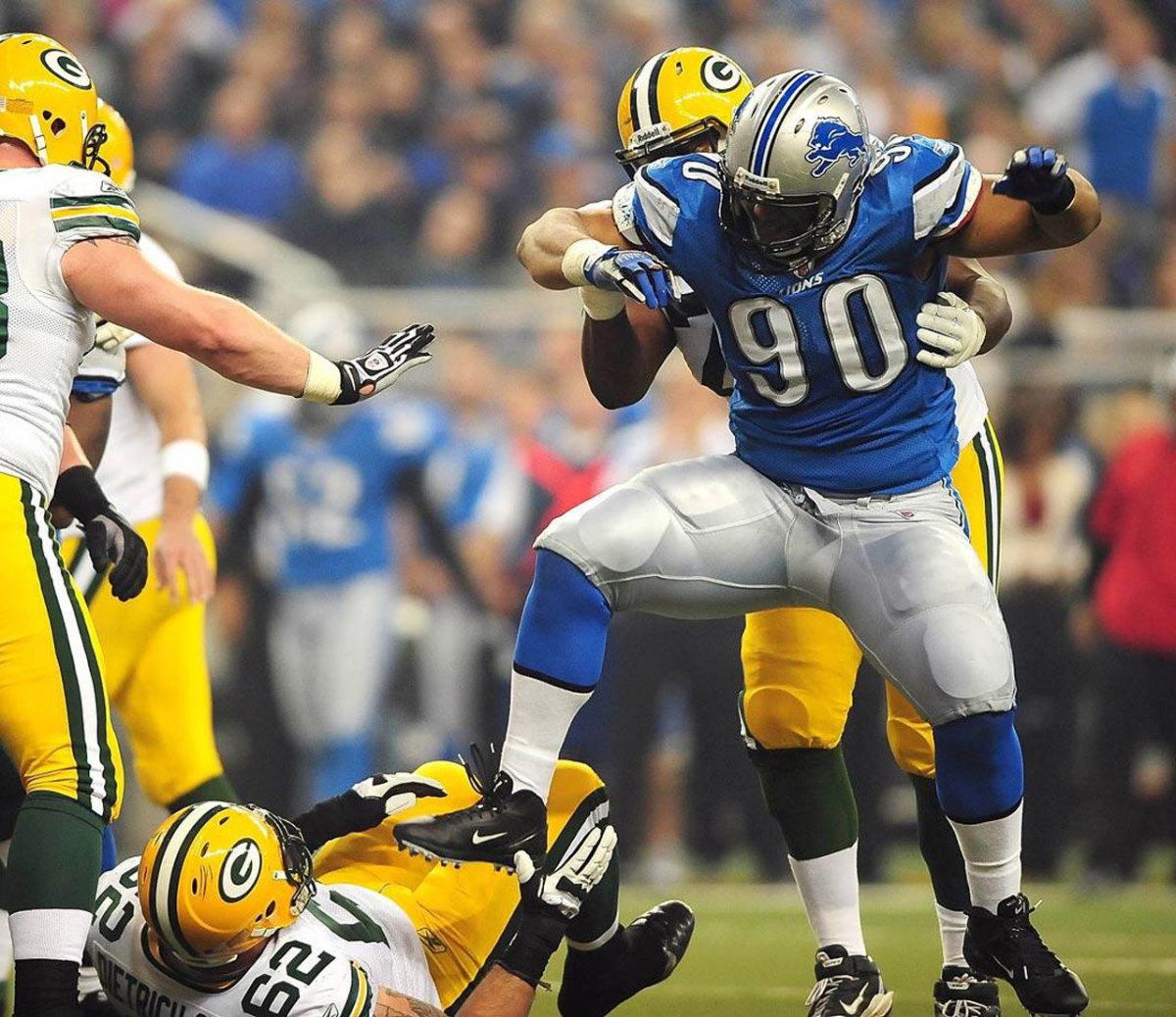
One suspension was not enough for the onetime Detroit Lions defensive lineman. He was suspended two games in 2011 for stomping on Green Bay Packers offensive lineman Evan Dietrich-Smith and then missed the 2014 first-round playoff game vs. Dallas for stomping on Green Bay quarterback Aaron Rodgers’ leg during the 2014 regular season finale. In 2015, Suh will be doing his stomping for the Miami Dolphins.
Blake Griffin (2016)
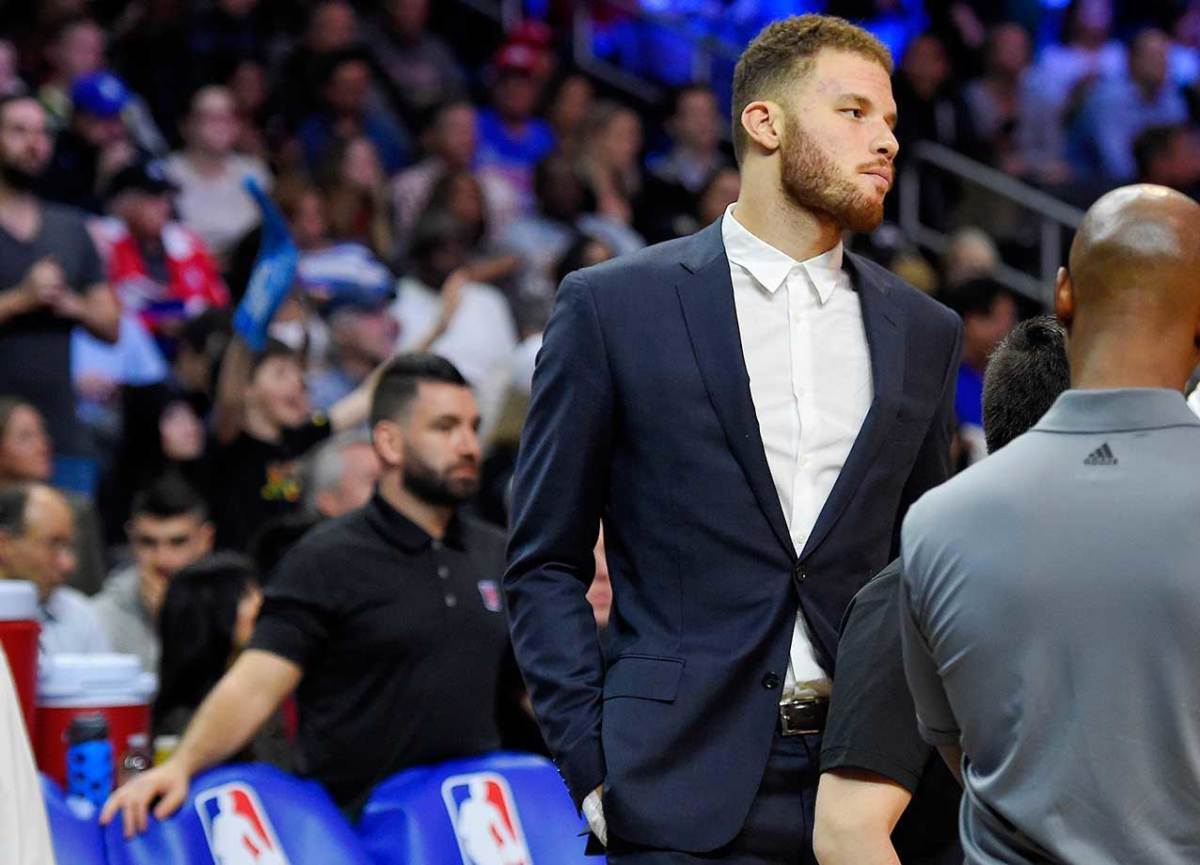
Blake Griffin received a four-game suspension for punching the Clippers' assistant equipment manager Matias Testi (pictured in background).
Ben Roethlisberger (2010)
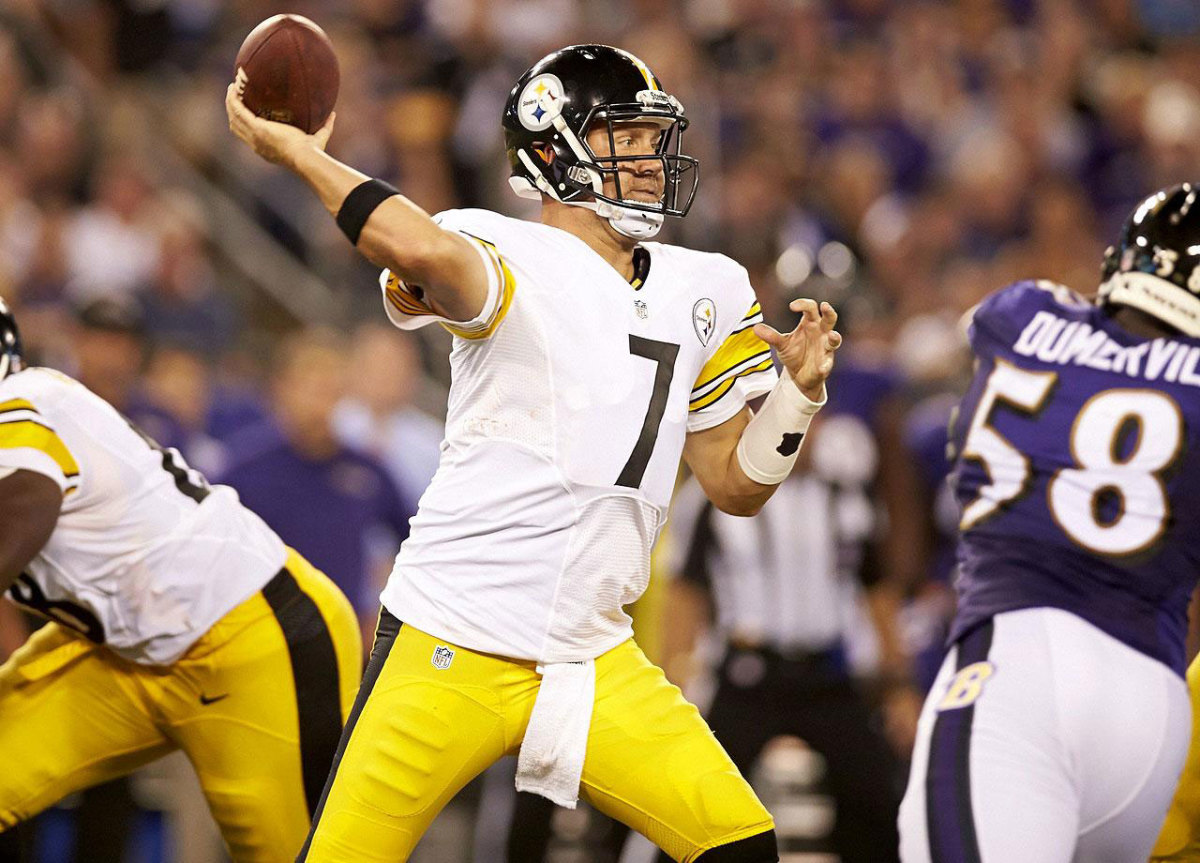
A series of off-field incidents put Big Ben in hot water with NFL and Pittsburgh Steelers officials but an alleged sexual attack on a woman in the restroom of a Georgia nightclub in March 2010 was the last straw. Although no charges were brought, NFL Commissioner Roger Goodell handed Roethlisberger a six-game suspension, later reduced to four, to start the 2010 season.
Serena Williams (2009)
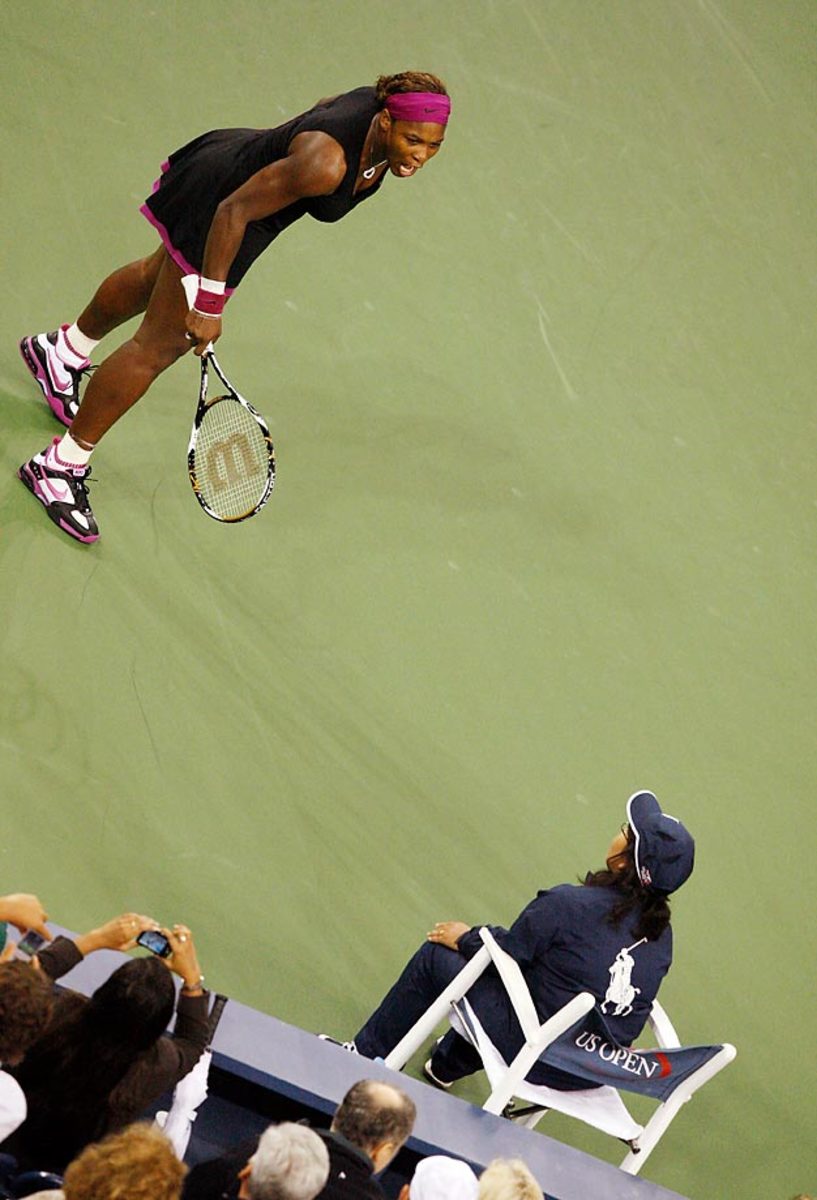
Serena Williams was fined a Grand Slam-record $175,000 (later reduced to $82,500) and given a suspended two-year ban from the U.S. Open after her 2009 tirade at the New York tournament (pictured). She was told that the ban would take effect if she committed any further major offense before the end of 2011. The tennis superstar received a $2,000 fine, but no suspension, for verbally abusing the chair umpire during a loss to Samantha Stouser in the 2011 U.S. Open final.
Pavel Datsyuk and Nicklas Lidstrom (2009)
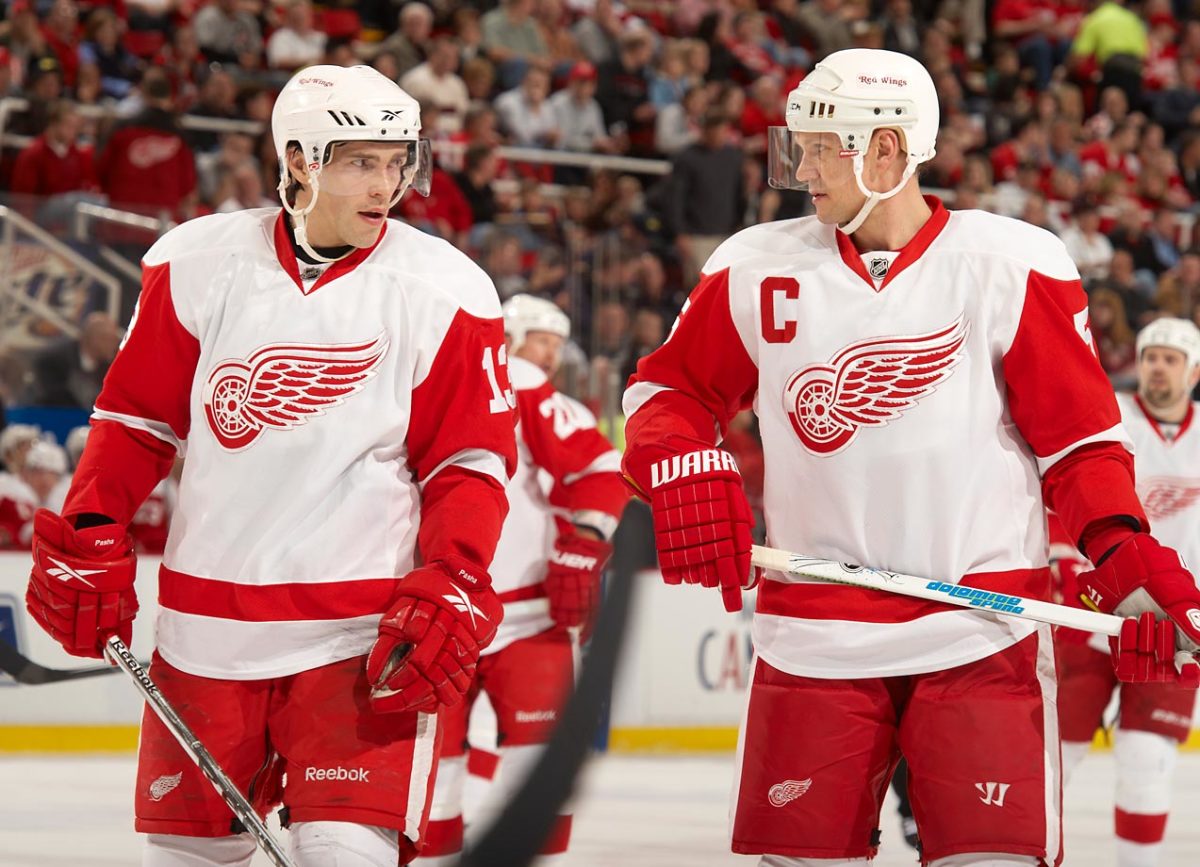
When the Red Wings captain and his teammate Pavel Datsyuk declined to play in the 2009 NHL All-Star Game in Montreal the league suspended them for their team’s next regular season game.
Diana Taurasi (2009)
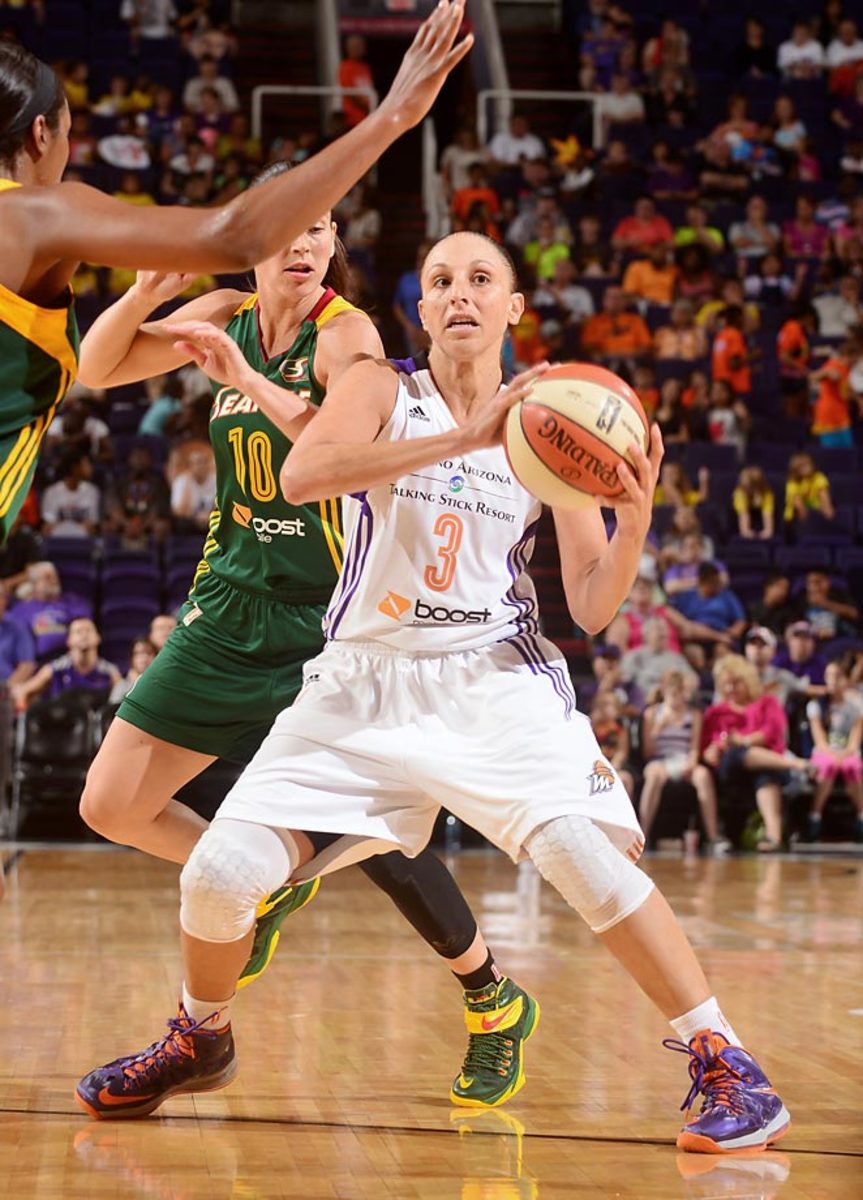
The five-time WNBA scoring champion was suspended for two games witihout pay by the Phoenix Mercury in 2009 on the heels of her arrest on three drunken driving related charges. The All-Star guard received a one-game suspension in July 2013 for an accumulation of technical fouls and another one-game penalty for the same offense later that season.
John Daly (2008-09)
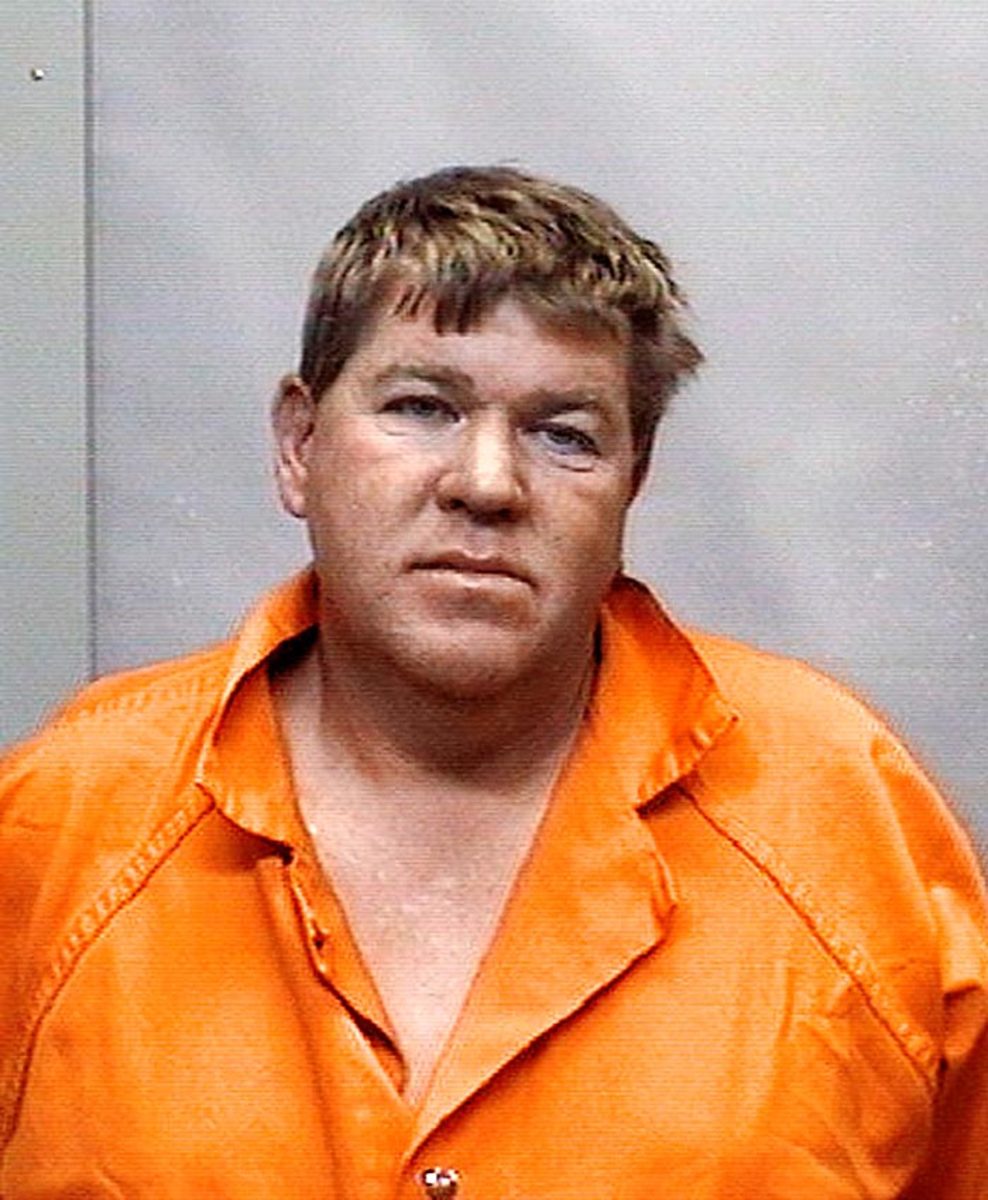
Untoward incidents, including time in jail, driving a golf ball off a beer can and appearing at a Missouri golf event wearing only blue jeans, earned the one-time PGA and British Open champ a six-month suspension from the PGA Tour.
Plaxico Burress (2008)
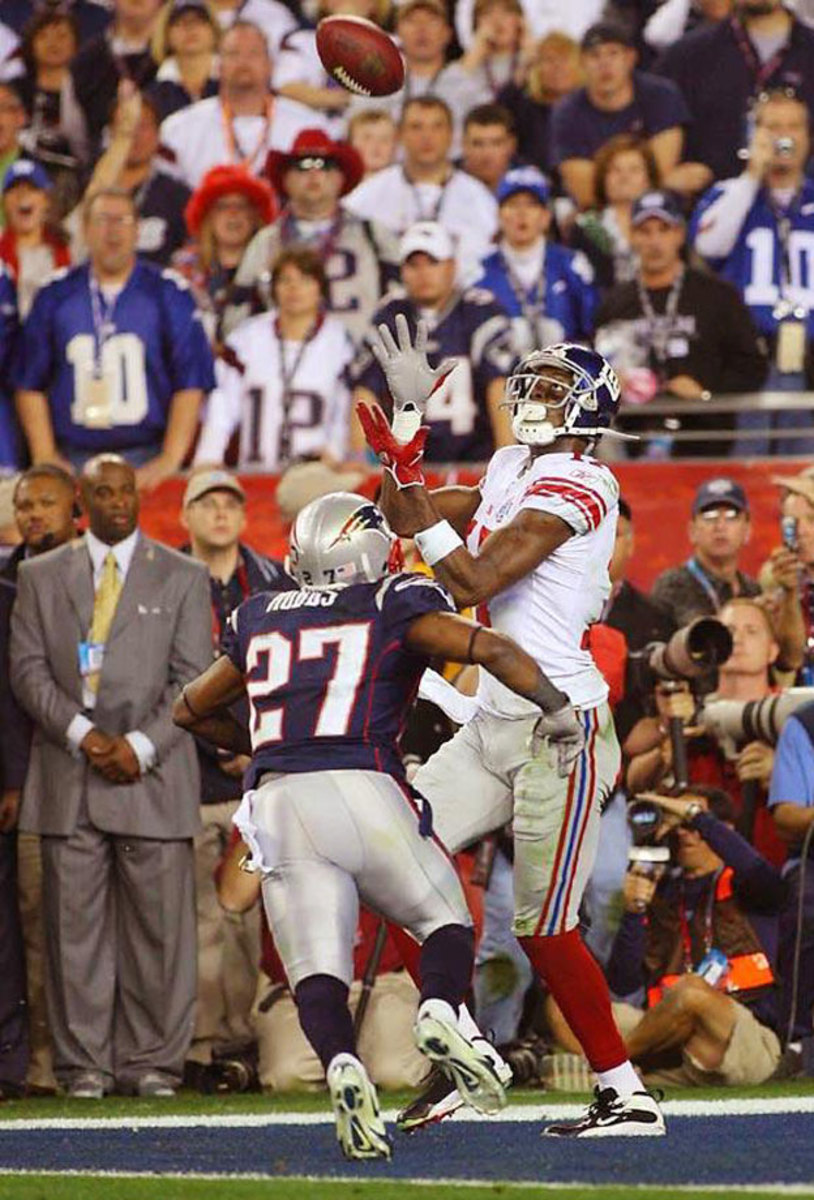
Less than a year after Burress caught the winning touchdown in Super Bowl XLII to stun the unbeaten New England Patriots, the Giants suspended their angular wide receiver for the final four games of the 2008 season and the playoffs after he accidentally shot himself in the leg while at a New York nightclub.
Michael Vick (2007-09)
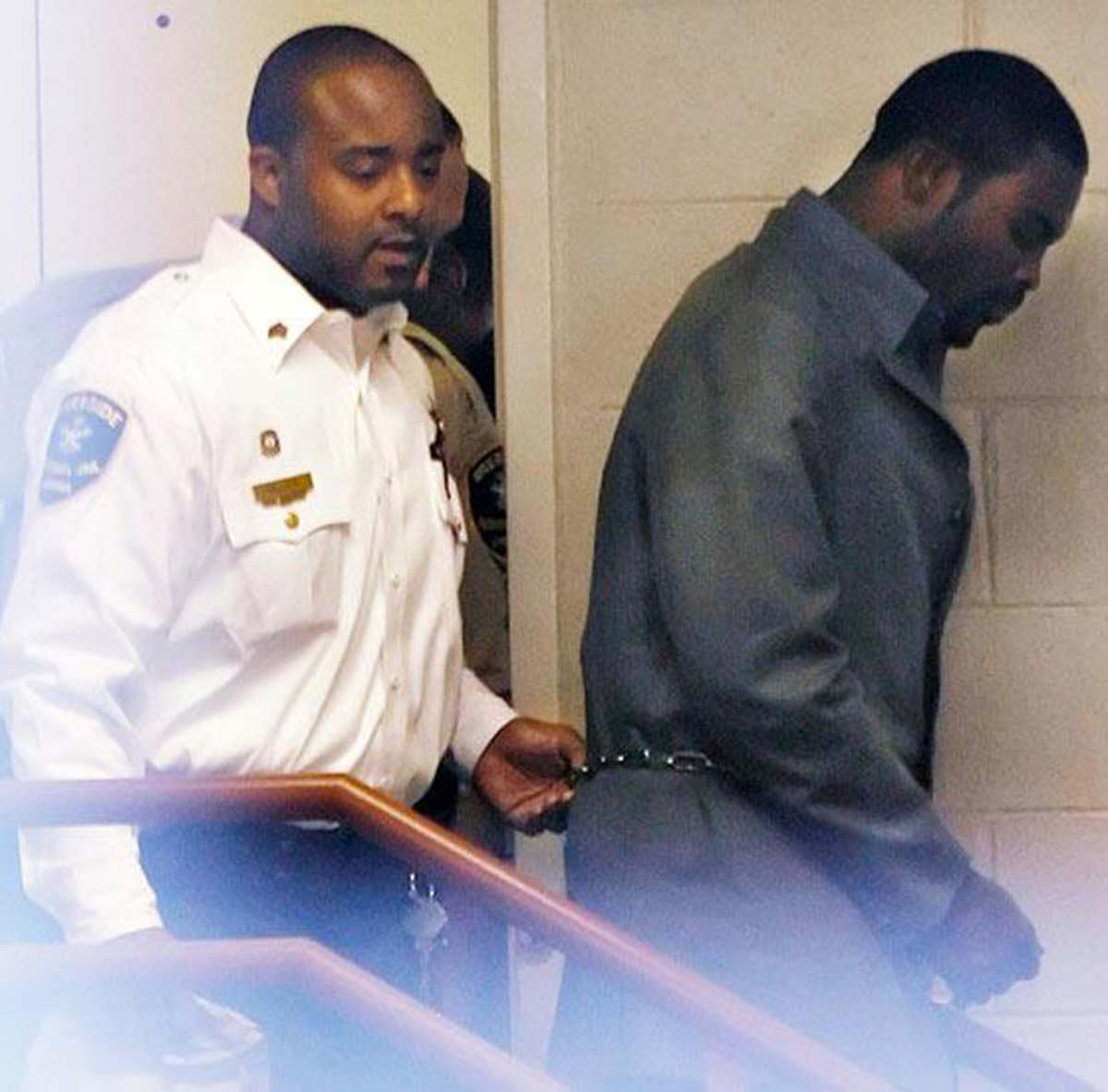
The Atlanta Falcons quarterback received an indefinite suspension in 2007 from Commissioner Roger Goodell for his involvement with an illegal dog-fighting ring. Vick served 19 months in prison and was reinstated by Goodell in 2009.
Marion Jones (2007)
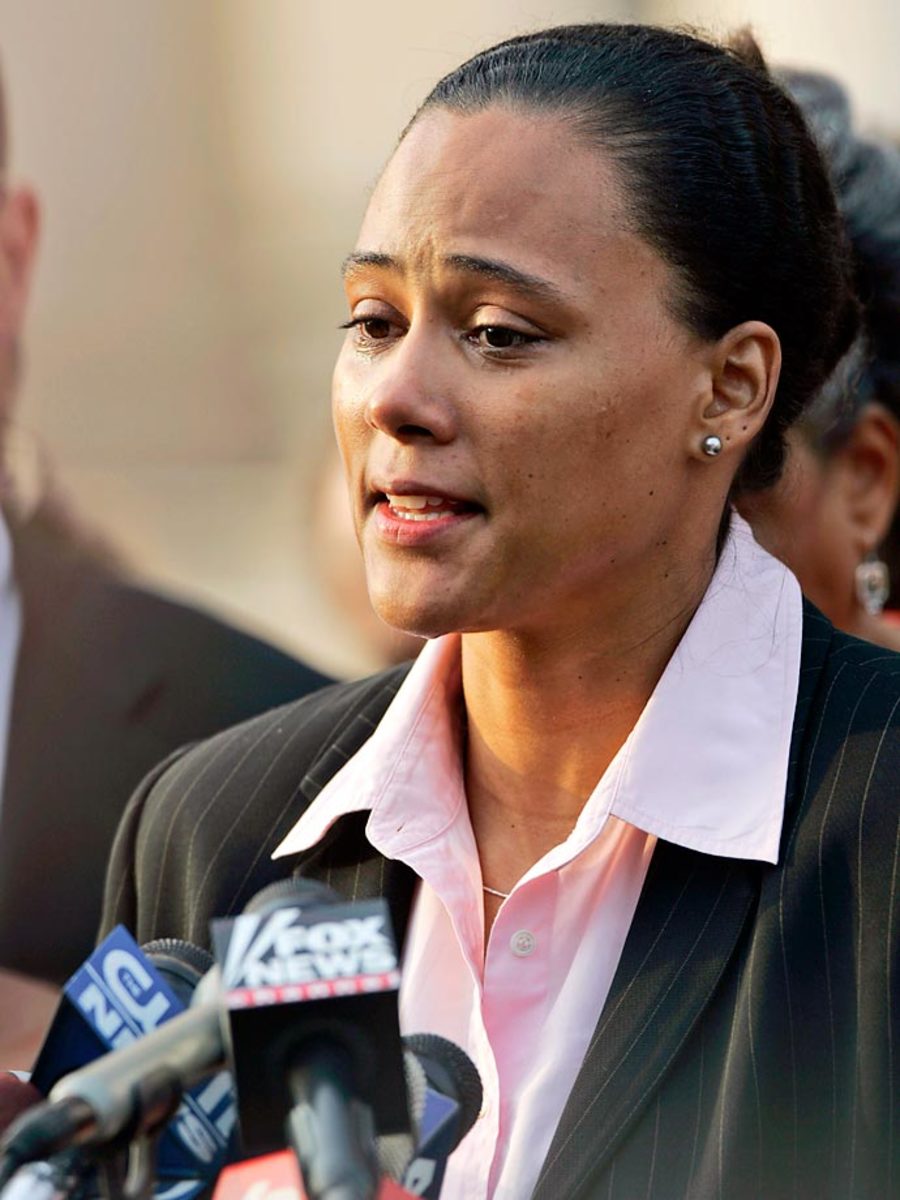
Other than Barry Bonds, perhaps the most famous athlete associated with the BALCO drug scandal was Jones, winner of five track and field medals at the 2000 Sydney Olympics, three of them gold. But after admitting she took performance-enhancing drugs before the Sydney Games—and lying to federal agents—Jones received a two-year ban from competition and a six-month jail sentence. The International Olympic Committee forfeited all Jones’ medals.
Kobe Bryant (2006)
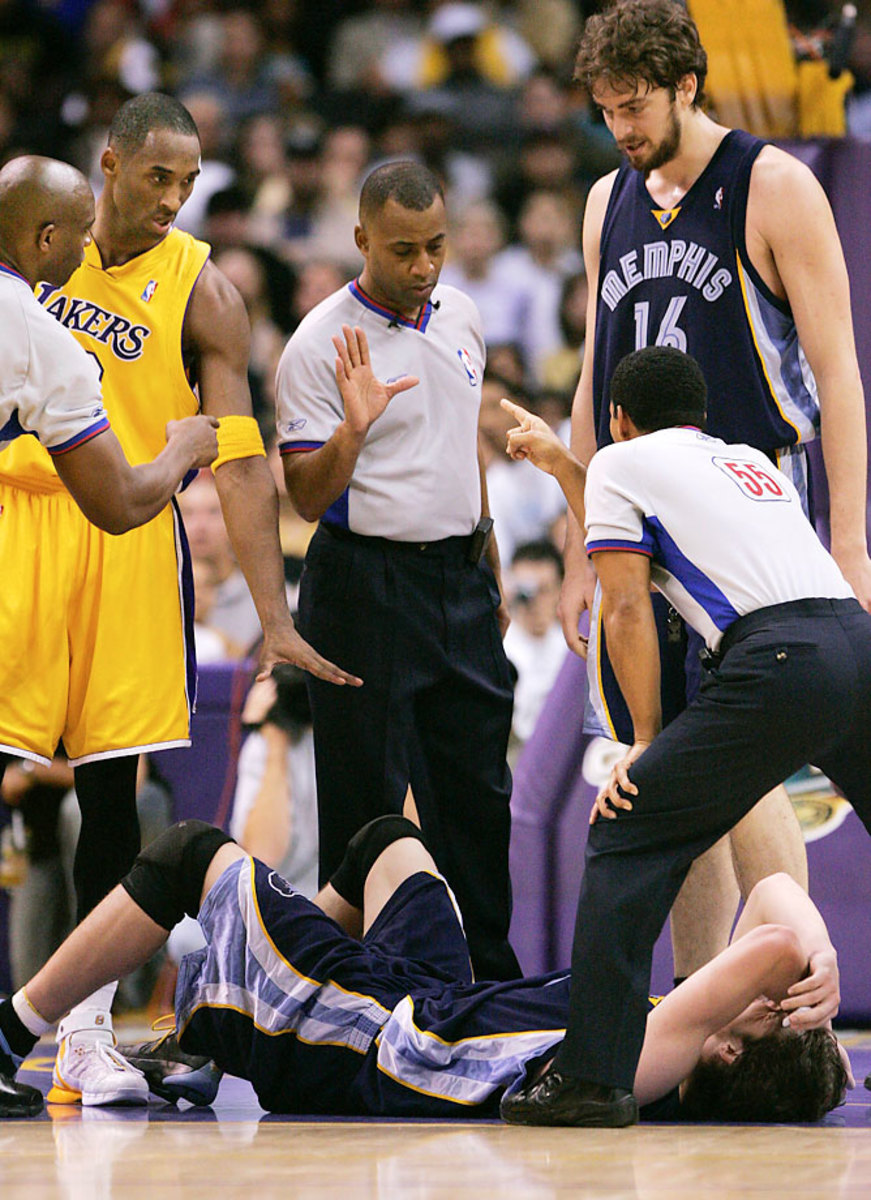
The L.A. Lakers star received a two-game suspension after elbowing the Memphis Grizzlies’ Mike Miller in the throat. One year later he picked up a one-game suspension for another elbow, this time against San Antonio’s Manu Ginobili.
Sammy Sosa (2003)
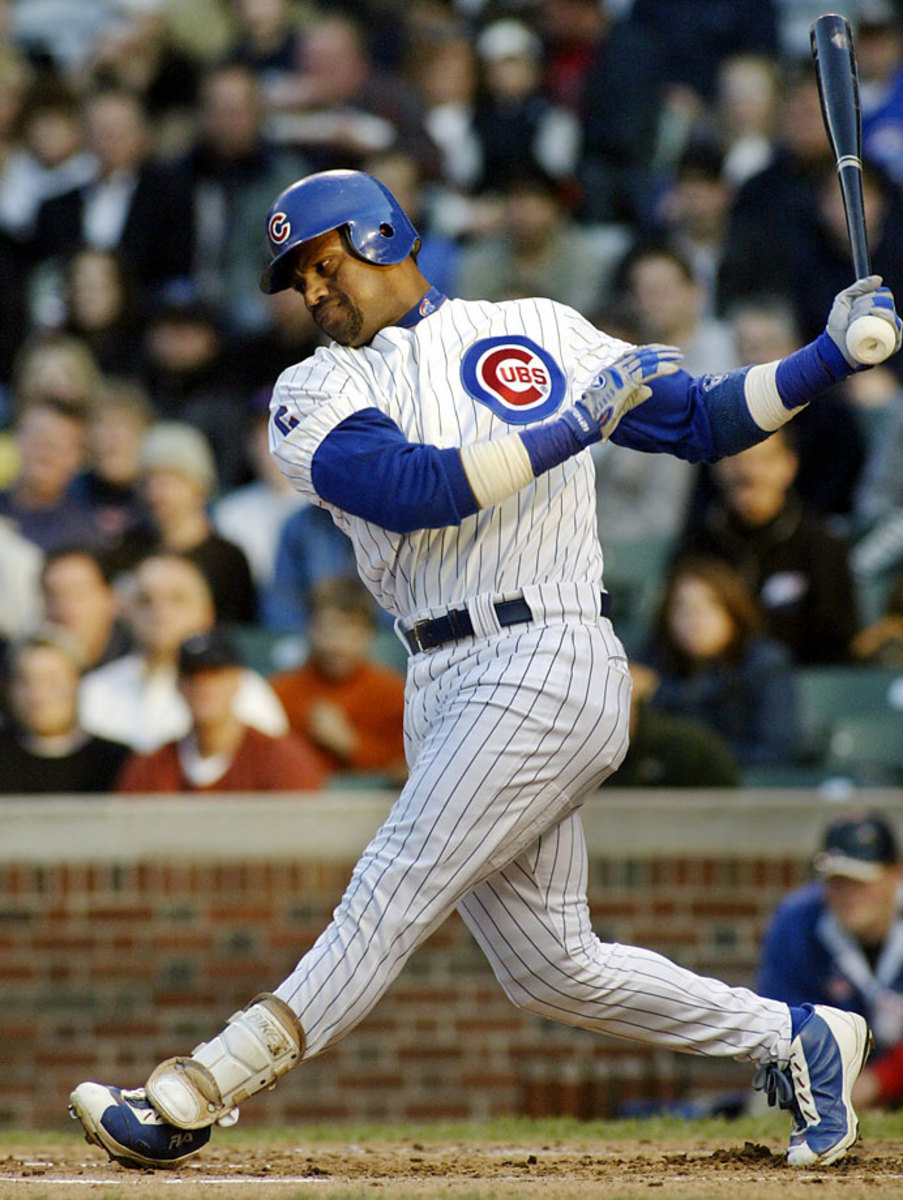
Long before his name was associated with performance-enhancing drugs, the Chicago Cubs slugger received a seven-game suspension for using a corked bat during a during a June 4, 2003, game (pictured) against Tampa Bay. Sosa said the cork was for belting long home runs during batting practice and he had used it by mistake. It was the beginning of the end of his romance with Cubs fans.
Reggie Miller (2002)
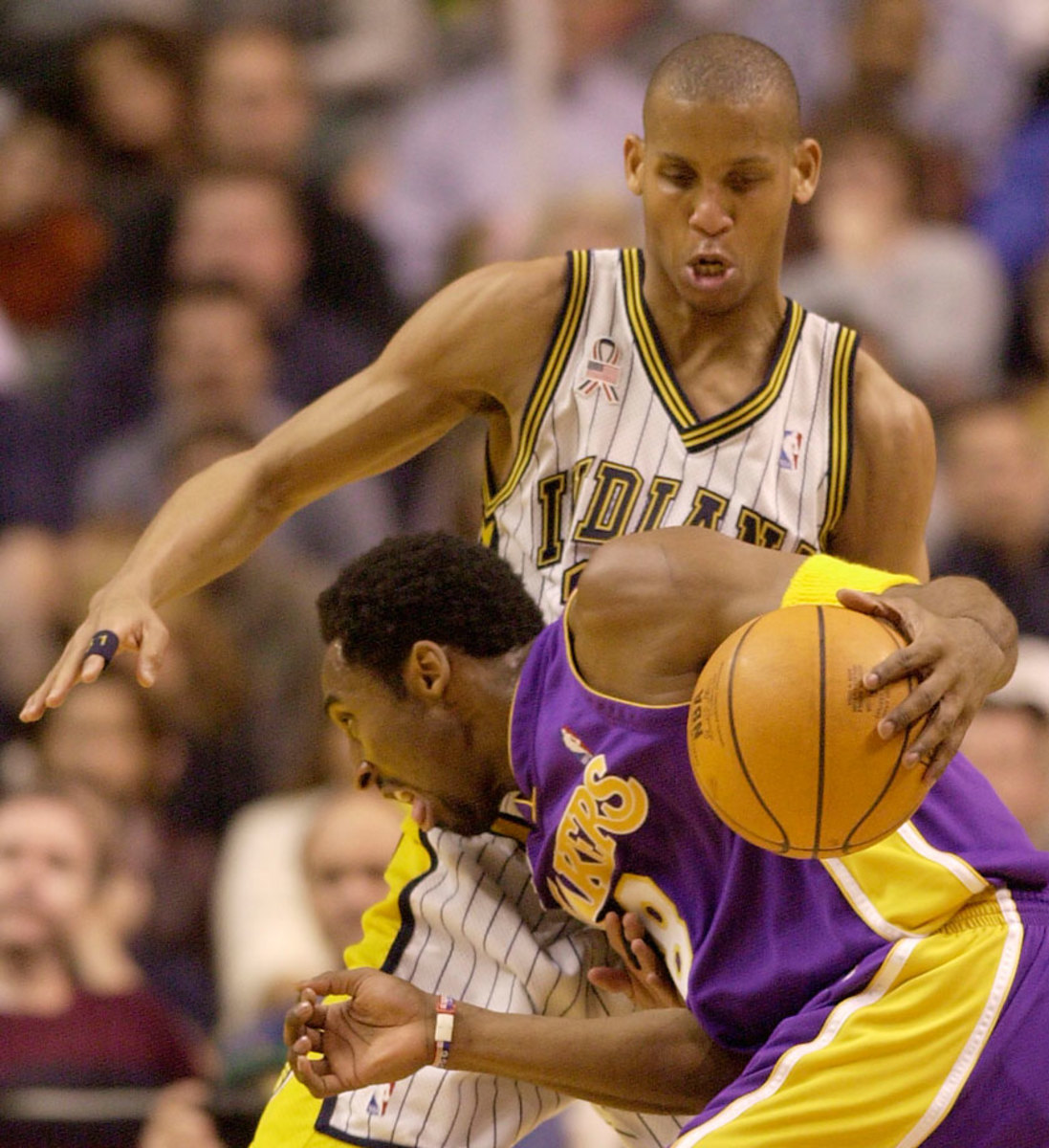
Winter 2002 might have had Indiana Pacers fans wondering if their sharpshooting guard was a basketball player or boxer. In February, Miller scuffled with Philadelphia’s Derrick Coleman and in March he battled with Kobe Bryant, earning a one-game suspension for the first fight and two-game sit down for the second bout.
Mike Tyson (1997)
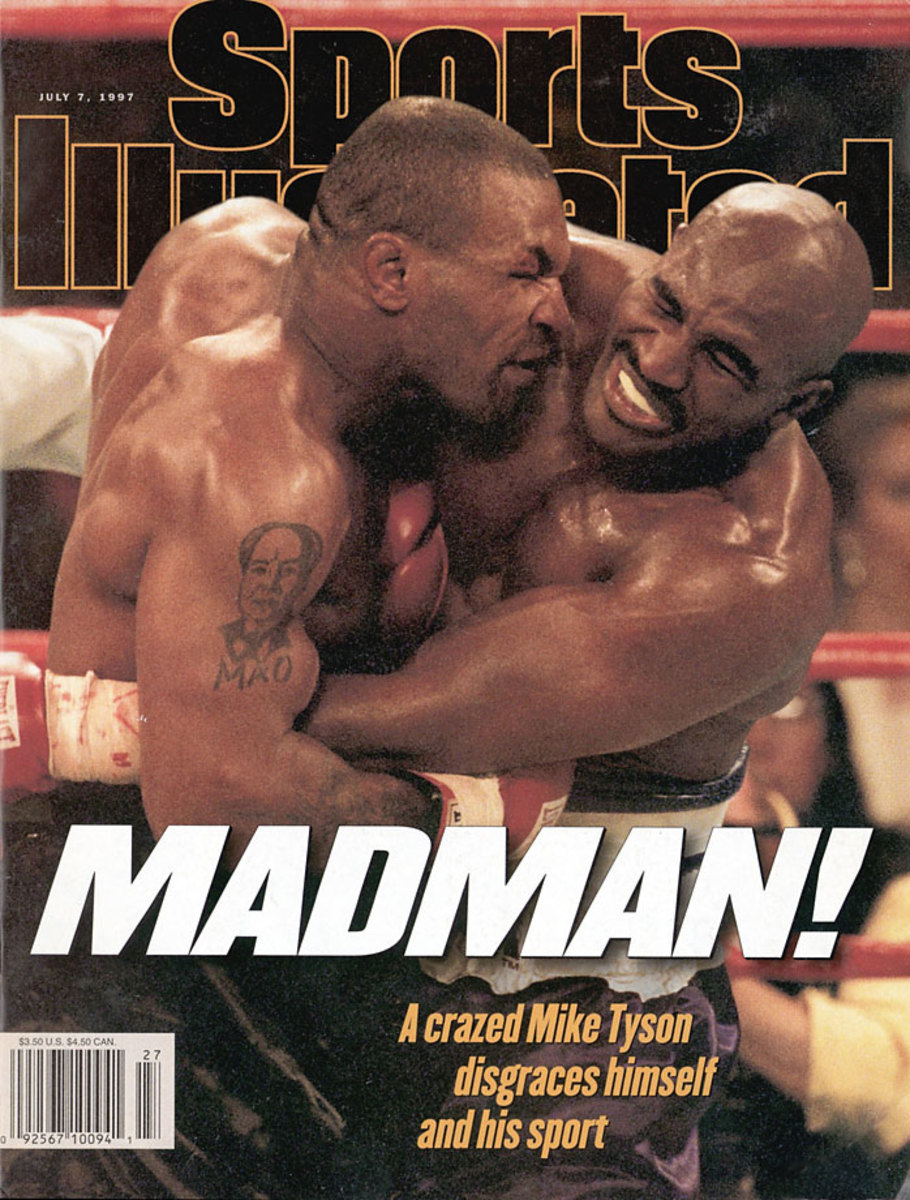
Iron Mike received what amounted to an 18-month suspension after biting Evander Holyfield’s ears not once but twice during their heavyweight championship bout June 28, 1997, in Las Vegas. Tyson returned to the ring in January 1999 but was only a shadow of the fighter who had dominated heavyweights during the late 1980s.
Dominik Hasek (1997)
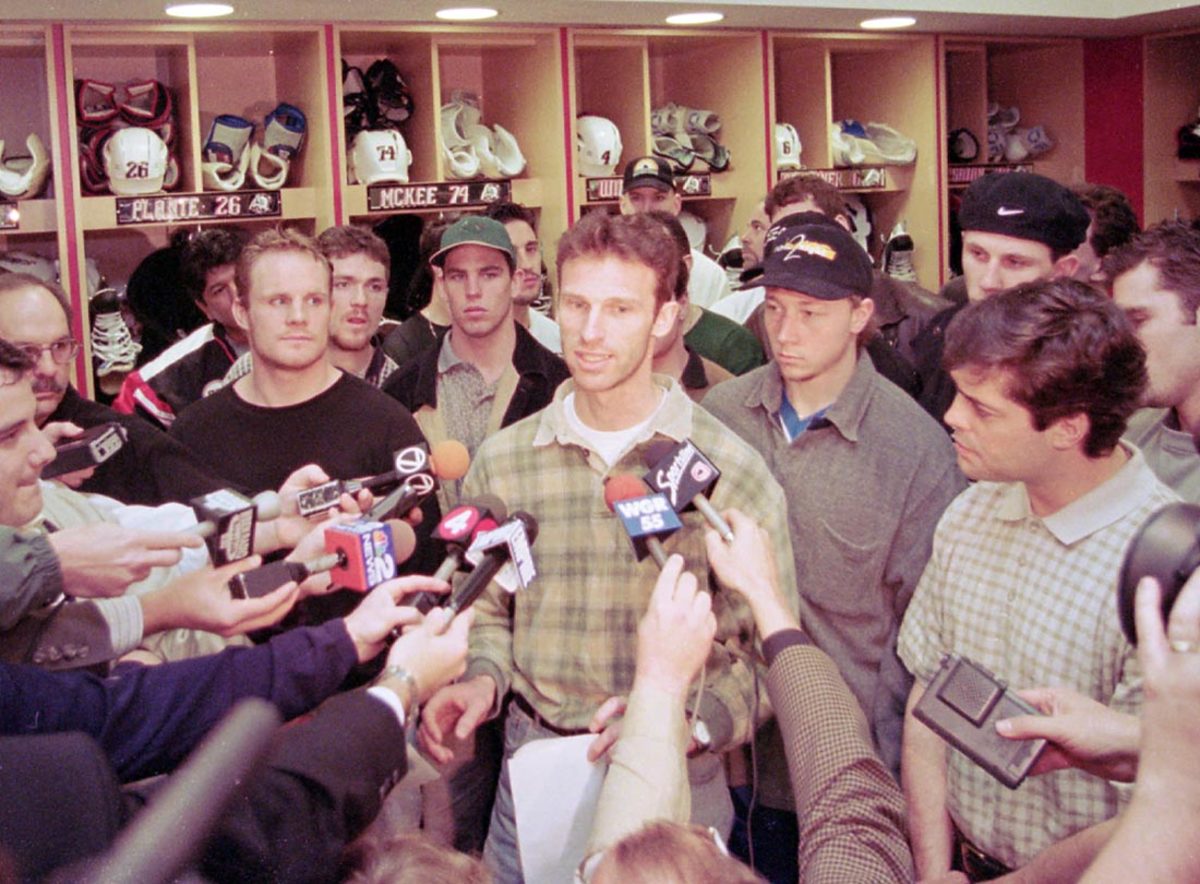
A physical altercation with Buffalo News reporter Jim Kelley in May 1997 resulted in the NHL suspending the Sabres’ volatile goalie for the first three games of his playoff series against the Philadelphia Flyers. Hasek was also fined $10,000.
Michael Jordan (1993)
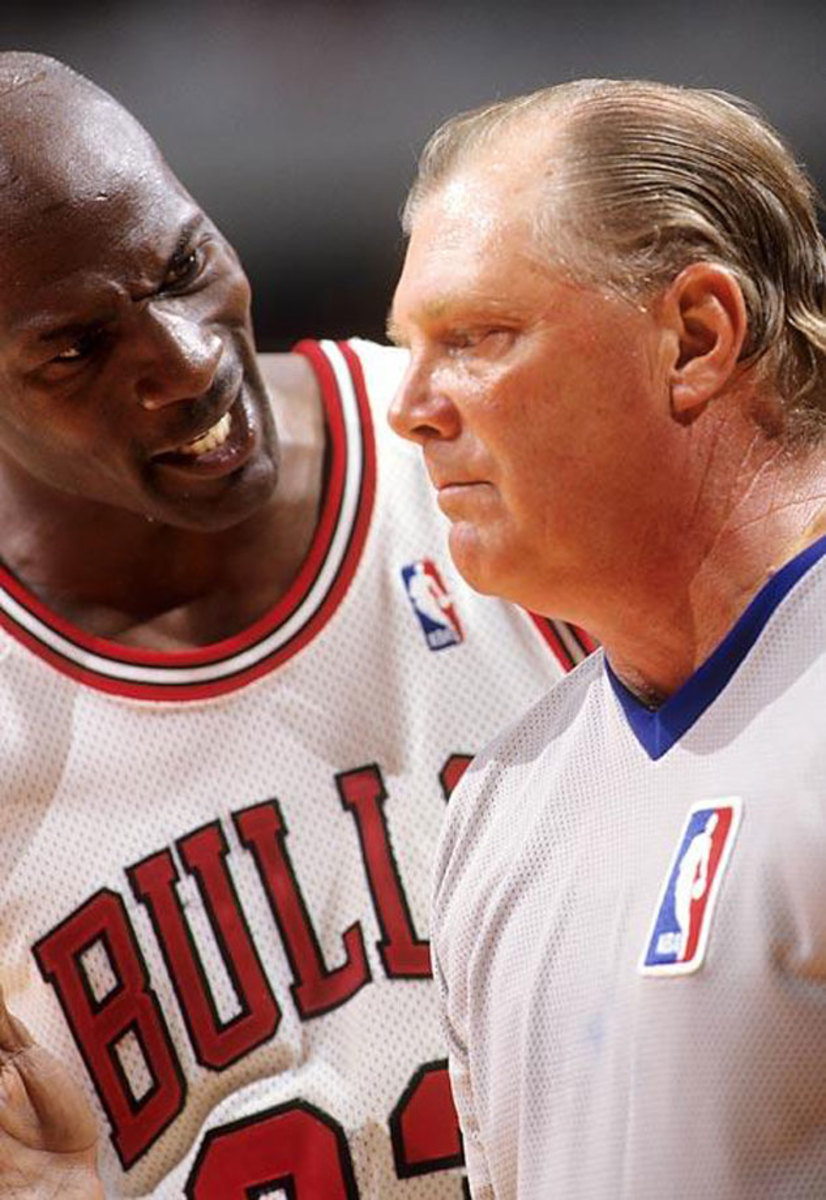
Jordan received a one-game suspension and $10,000 fine after punching the Indiana Pacers’ Reggie Miller during a February game in Indianapolis. The decision was handed down by NBA discipline chief Rod Thorn, the same man who as a Bulls executive had drafted Jordan out of North Carolina in 1984.
Roger Clemens (1991)
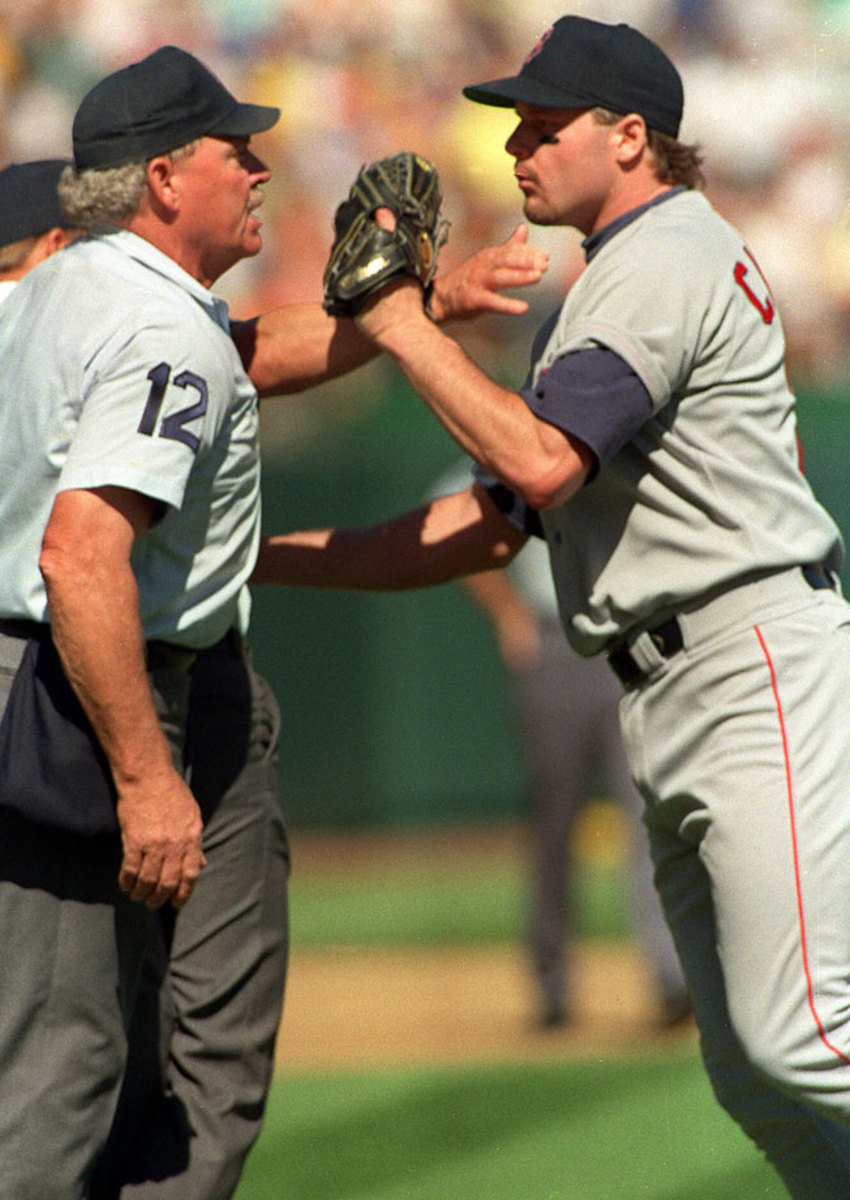
The Boston Red Sox pitcher received a five-game suspension and $10,000 fine for pushing umpire Terry Cooney during Game 4 of the 1990 ALCS against Oakland. The punishment was served the following season.
Aroldis Chapman (2016)
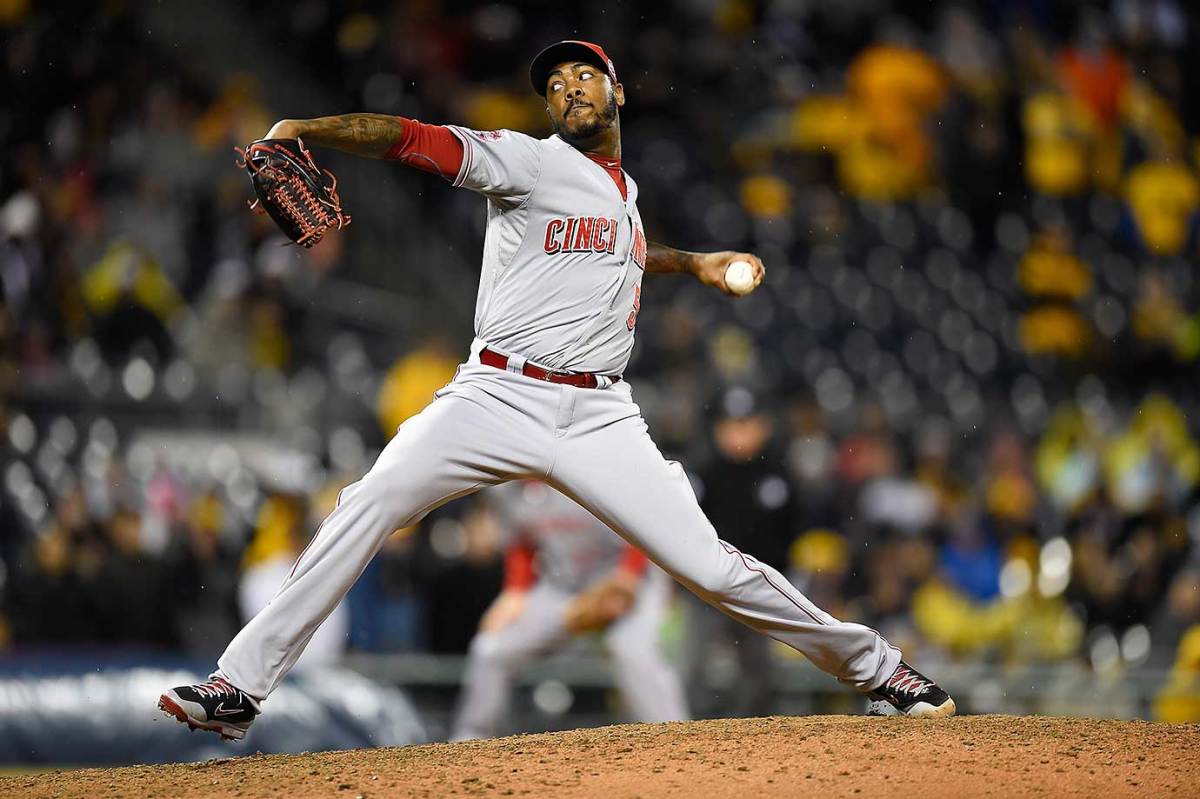
Aroldis Chapman was hit with a 30-game suspension for breaking the MLB's domestic violence policy. He was the first player to be penalized under the league's new rule.
Lawrence Taylor (1988)
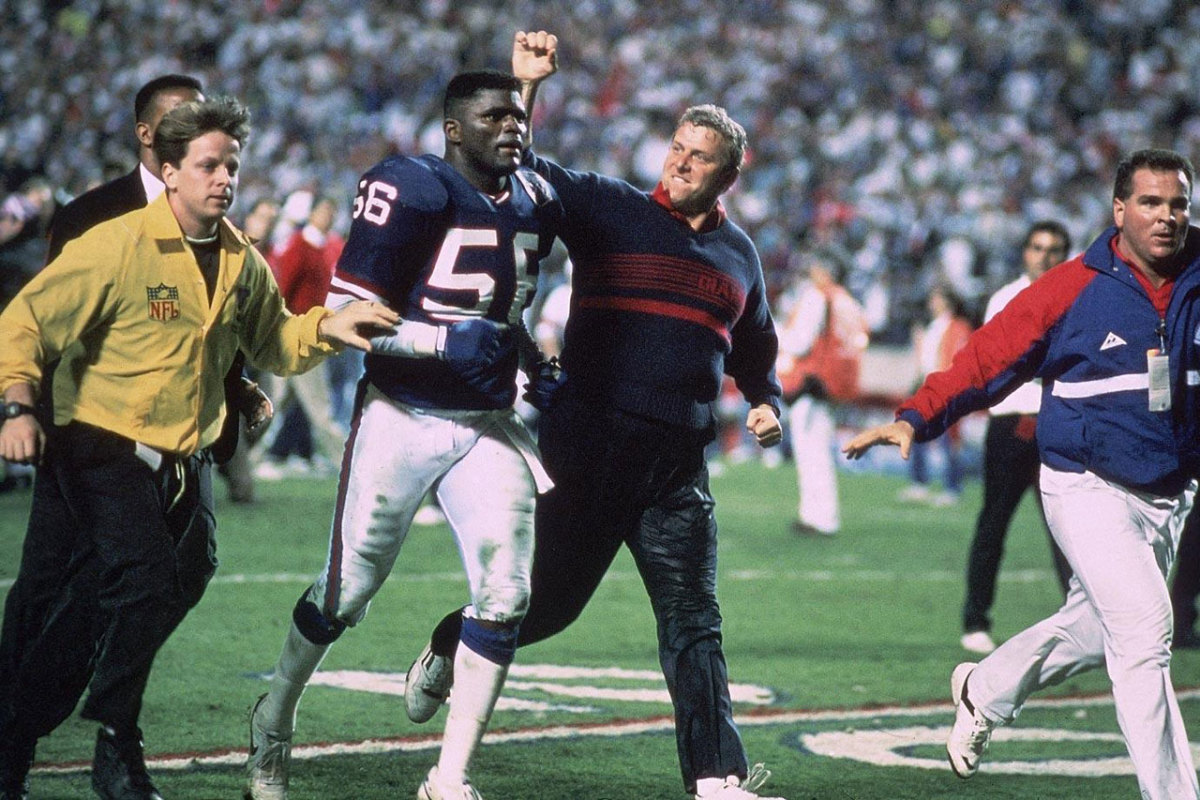
The future New York Giants Hall of Fame linebacker received a 30-day suspension at the start of the 1988 NFL season as a second-time violator of the league’s substance abuse policy. Taylor battled drug addiction both during and after his 13-year career.
Jimmy Connors (1986)
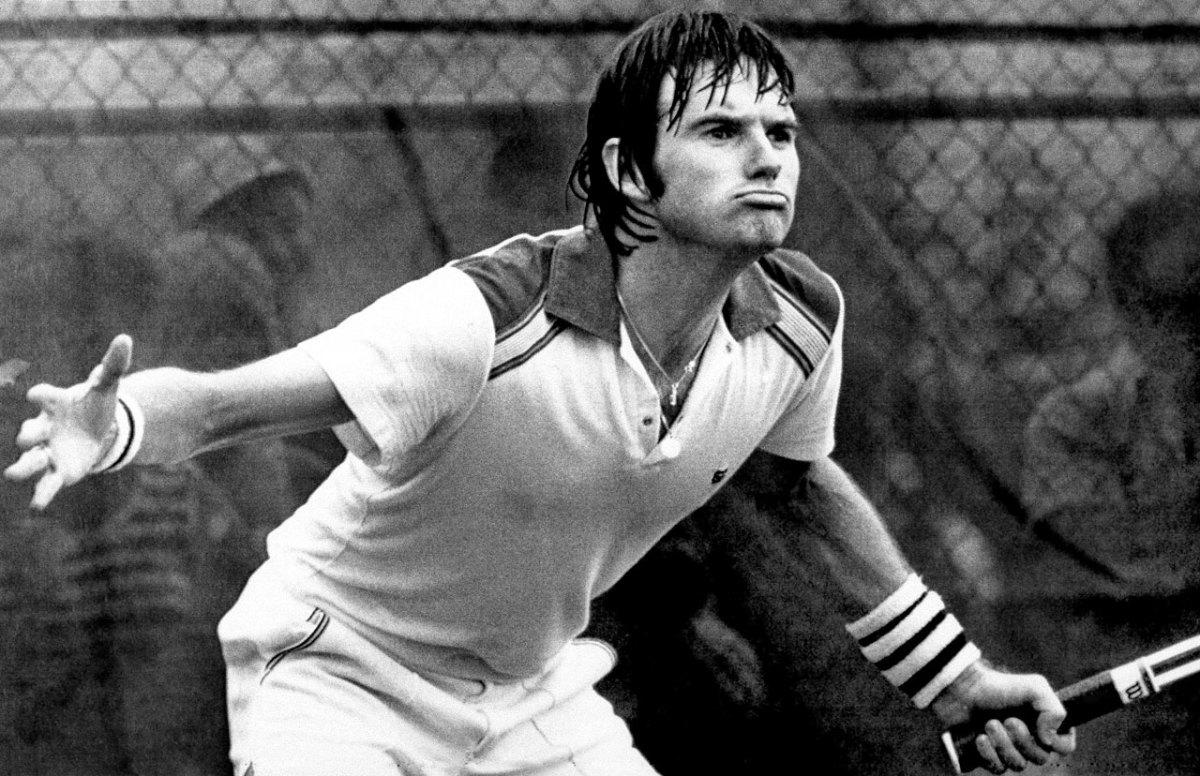
The combative Connors, pictured here making a face at Ivan Lendl in a 1979 match, earned a 10-week suspension and $20,000 fine after he refused to continue play during a match with Lendl at the Lipton International semifinals in Florida in February 1986. Connors was incensed at what he considered a series of wrong calls by the officials. The suspension caused Connors to miss the French Open.
Duncan Keith (2016)
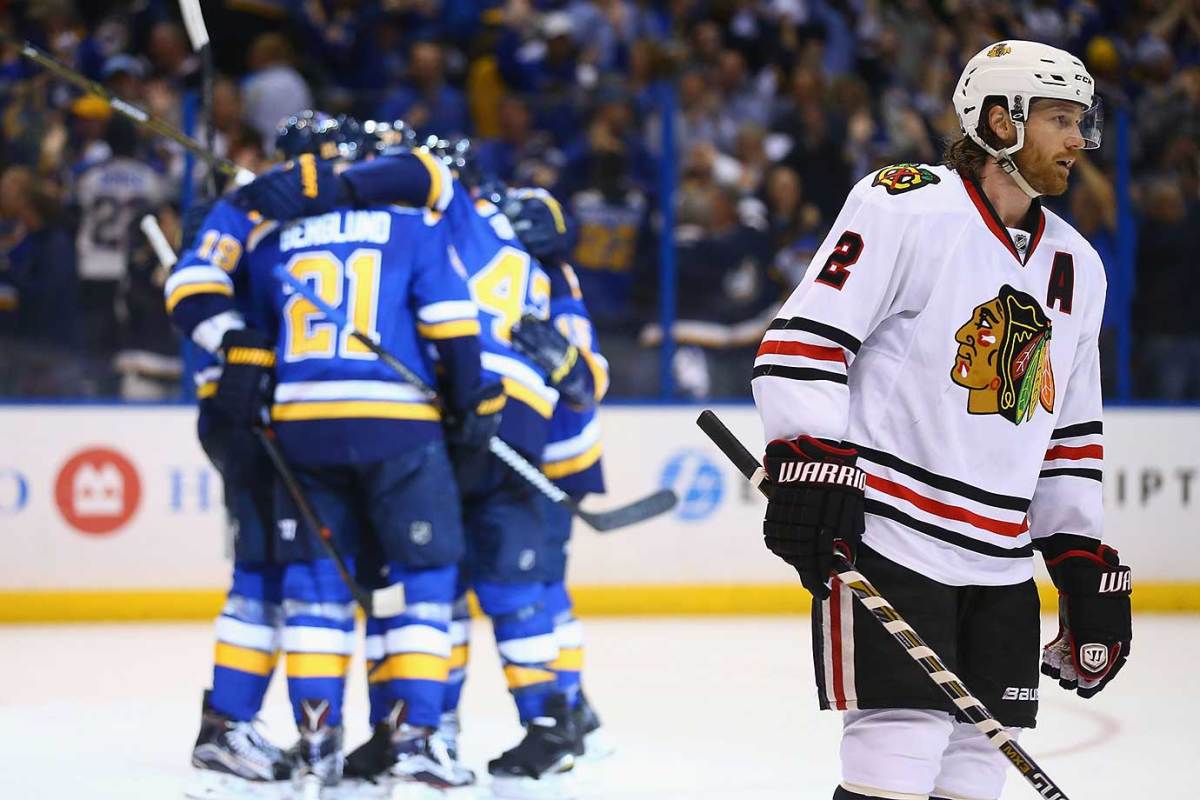
Duncan Keith was suspended for six games for high-sticking Charlie Coyle, keeping the star defenseman out of Game 1 of the Blackhawks's conference quarterfinals series against the Blues.
Mark Messier (1985)
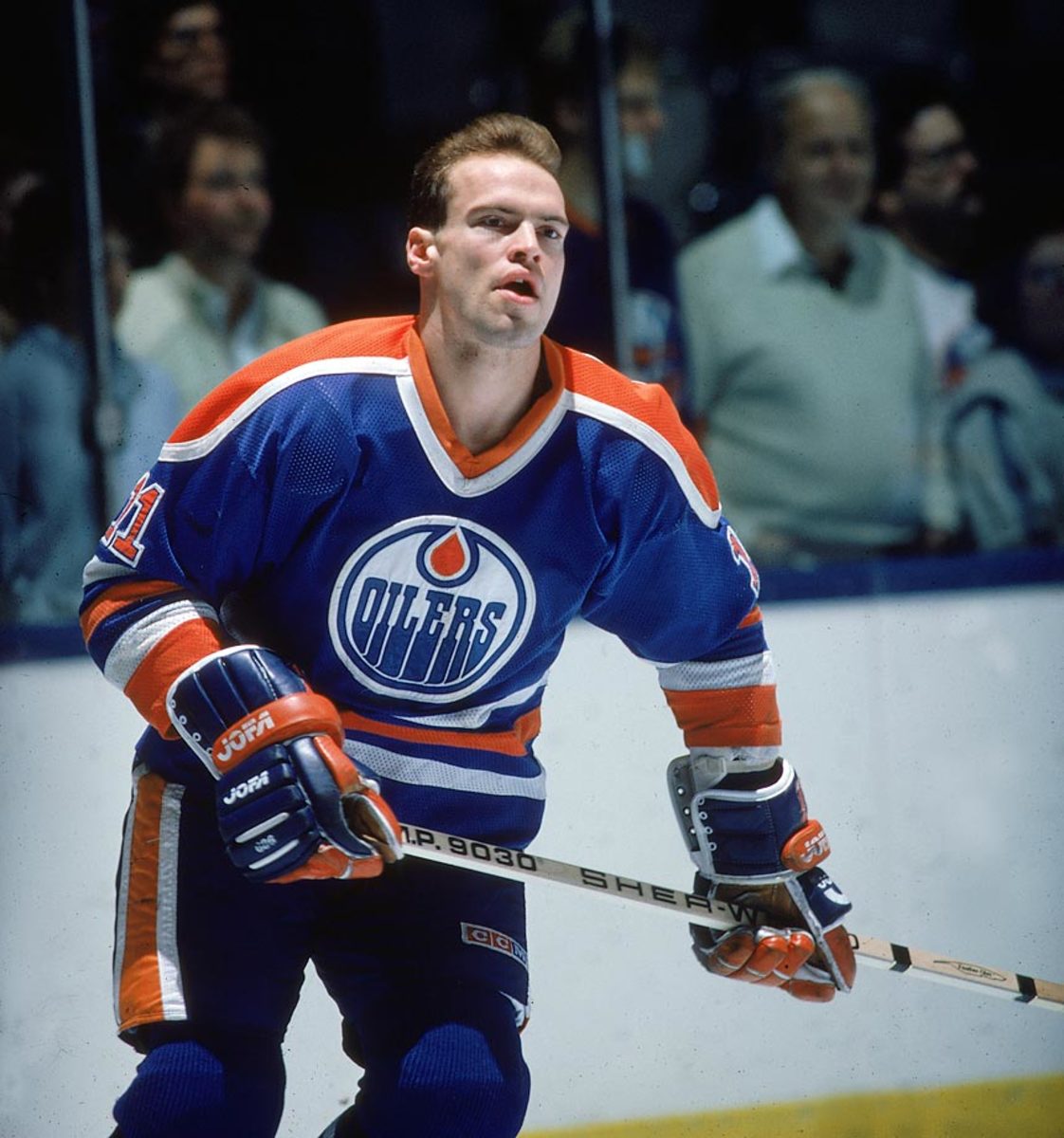
In January 1985, the NHL banned the Oilers star for 10 games for fracturing Jamie Macoun’s cheekbone in two places during a retaliatory attack after the Flames defenseman boarded him. The previous season, Messier had been suspended six games for clubbing Vancouver’s Thomas Gradin in the head with his stick.
John McEnroe (1984)
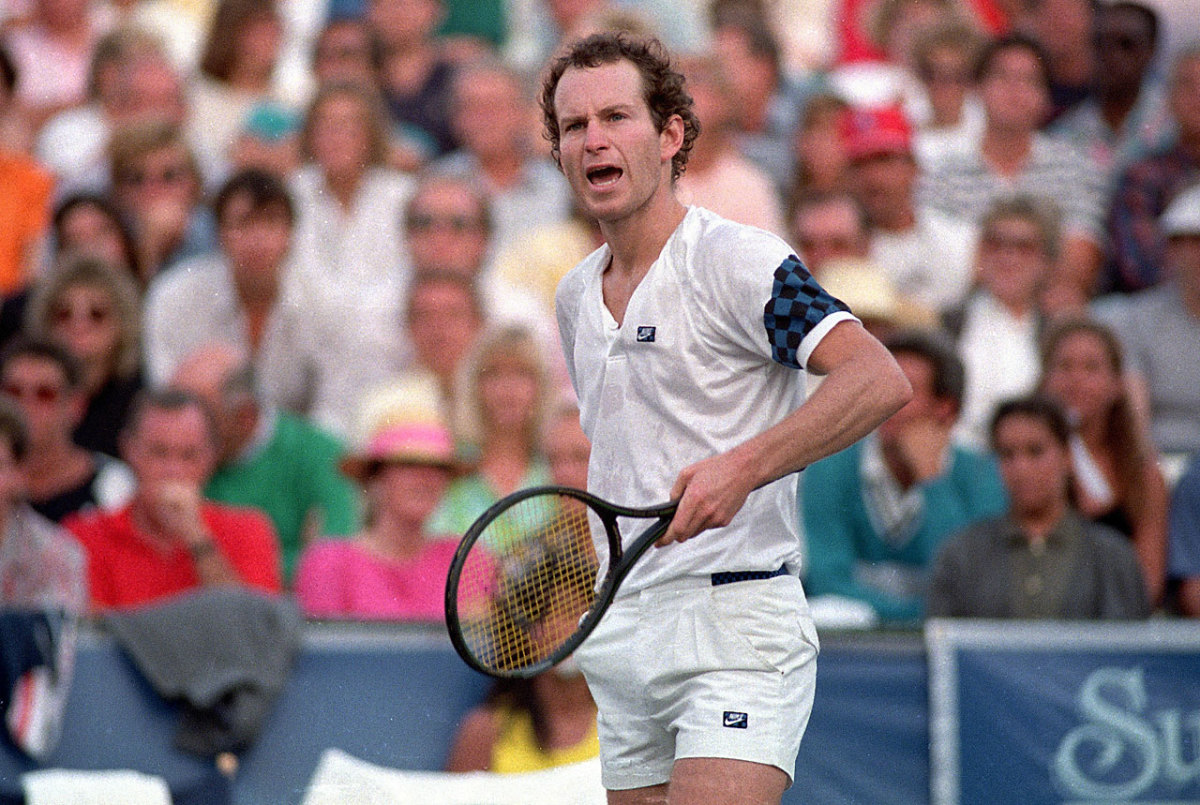
The 1984 season was McEnroe’s best: an 82-3 record and a career-best 13 tournament titles, including Wimbledon and the U.S. Open. But an infamous outburst in Sweden when he screamed at the chair umpire: “Answer my question. The question, jerk” before slamming his racket into a nearby juice cart earned him a 21-day suspension. (He's pictured here arguing a call in 1986.)
Gordie Howe (1975)
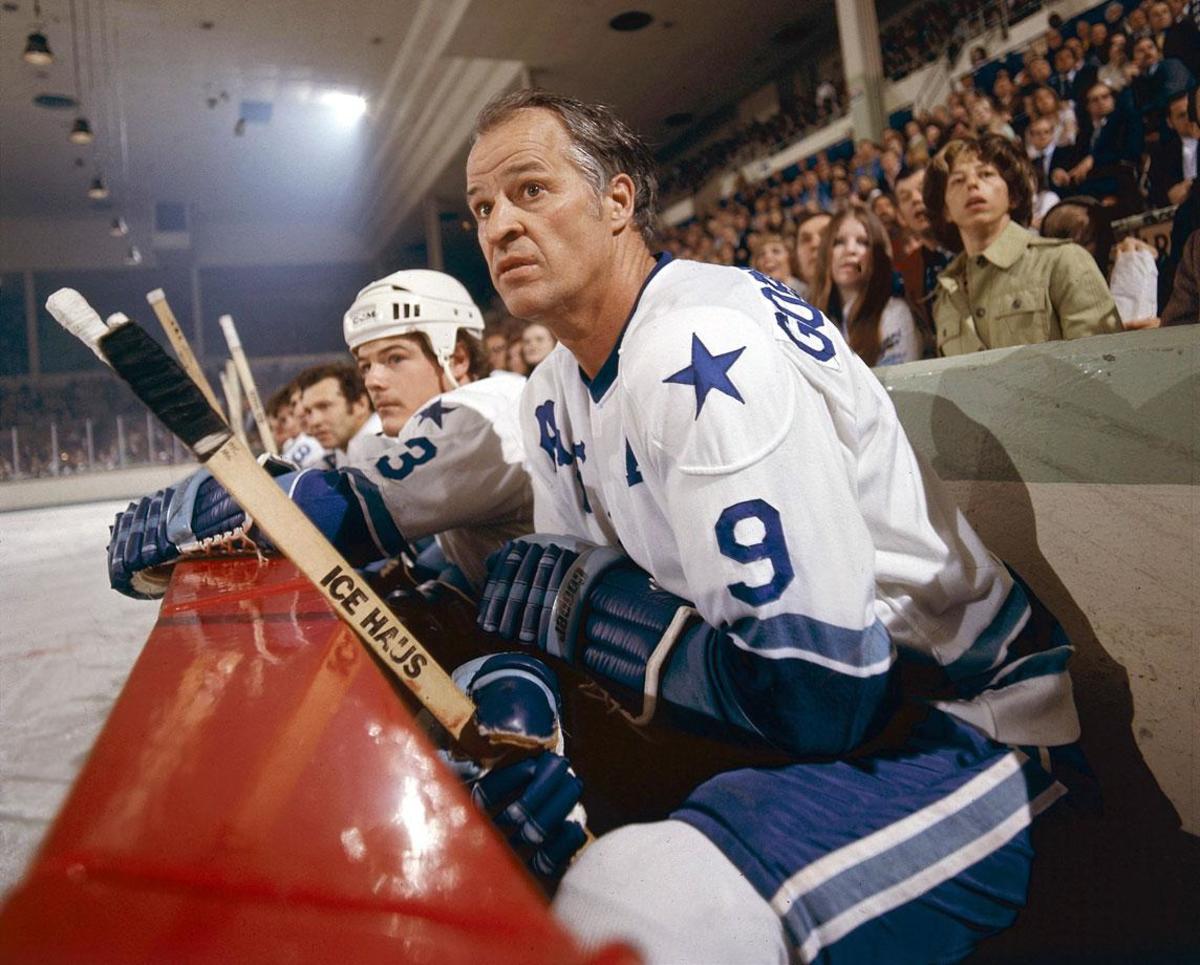
In 1975, being ejected from a game for the first time in his storied career earned Mr. Hockey a one game suspension and $1,000 fine for bumping a referee during a dispute over a penalty call. Howe was skating for the WHA Houston Aeros at the time.
Muhammad Ali (1967-70)
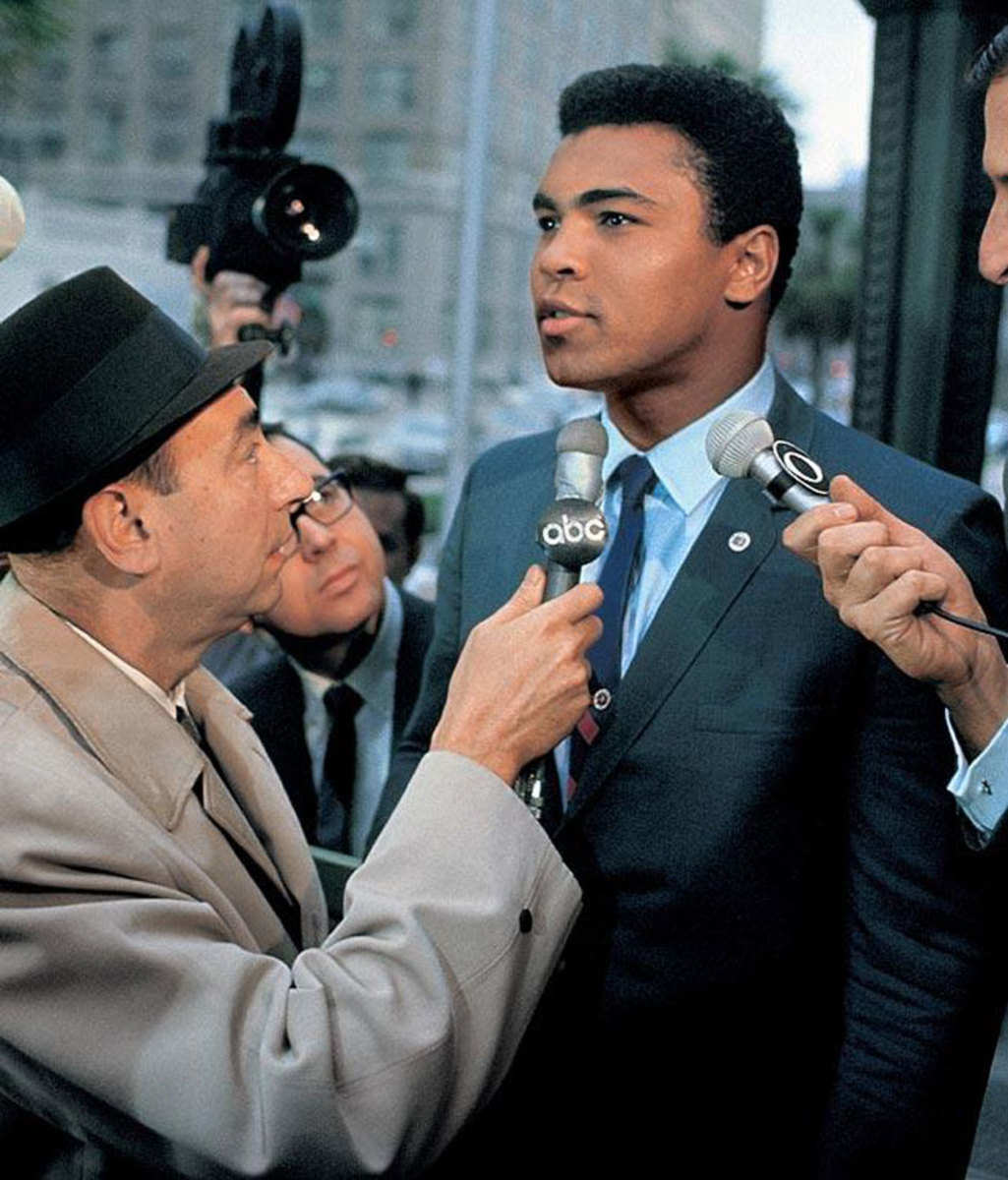
Perhaps no sports suspension was more controversial—or longer—than Ali’s 3½ years away from the ring for refusing induction into the U.S. Armed Forces in spring 1967. The heavyweight champion’s stand, based on his Muslim religious principles, was eventually upheld by the Supreme Court in a unanimous decision but Ali lost prime years of his boxing career.
Paul Hornung (1963)
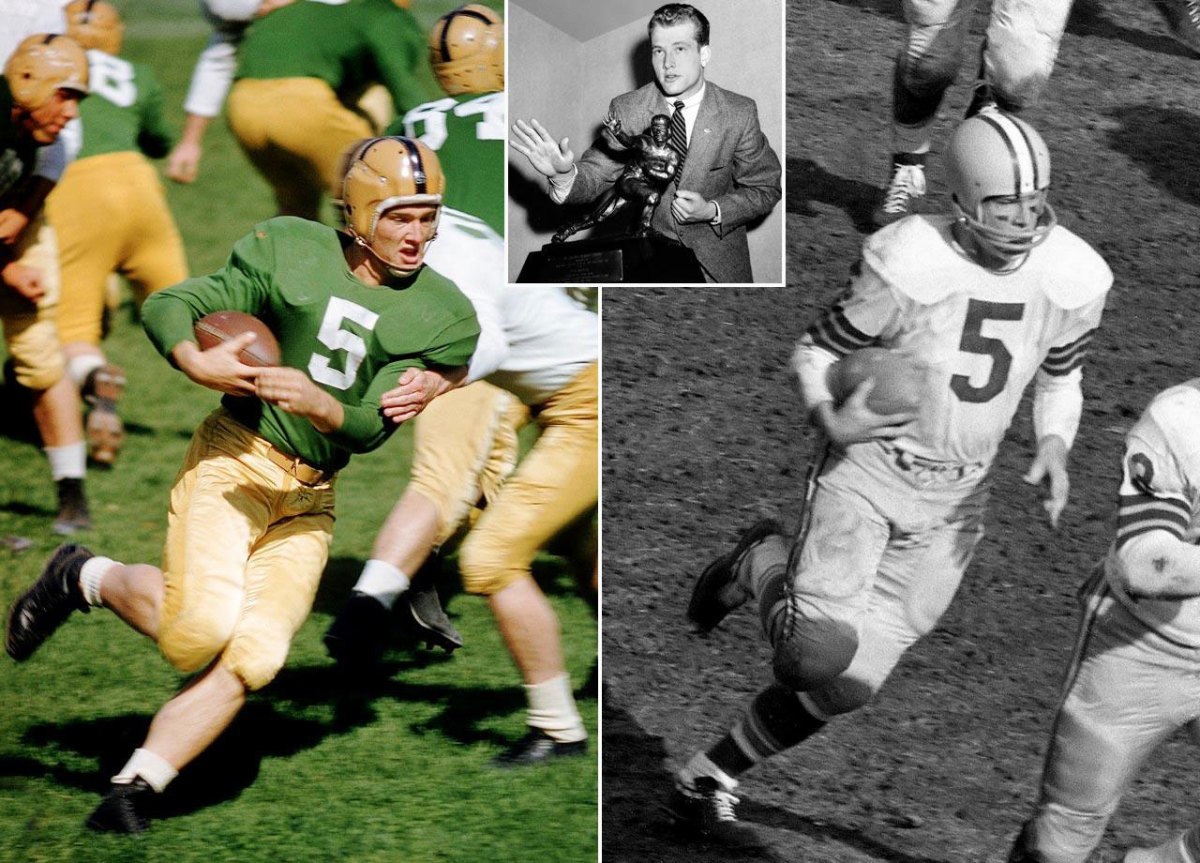
In the early 1960s, no player in the NFL was more glamorous than Hornung, the 1956 Heisman Trophy winner who became the triple-threat running back of the two-time champion Green Bay Packers and the 1961 league MVP. But when Hornung and All-Pro tackle Alex Karras of the Detroit Lions were found to have bet on NFL games, Commissioner Pete Rozelle suspended both players for the entire 1963 season.
Maurice Richard (1954)
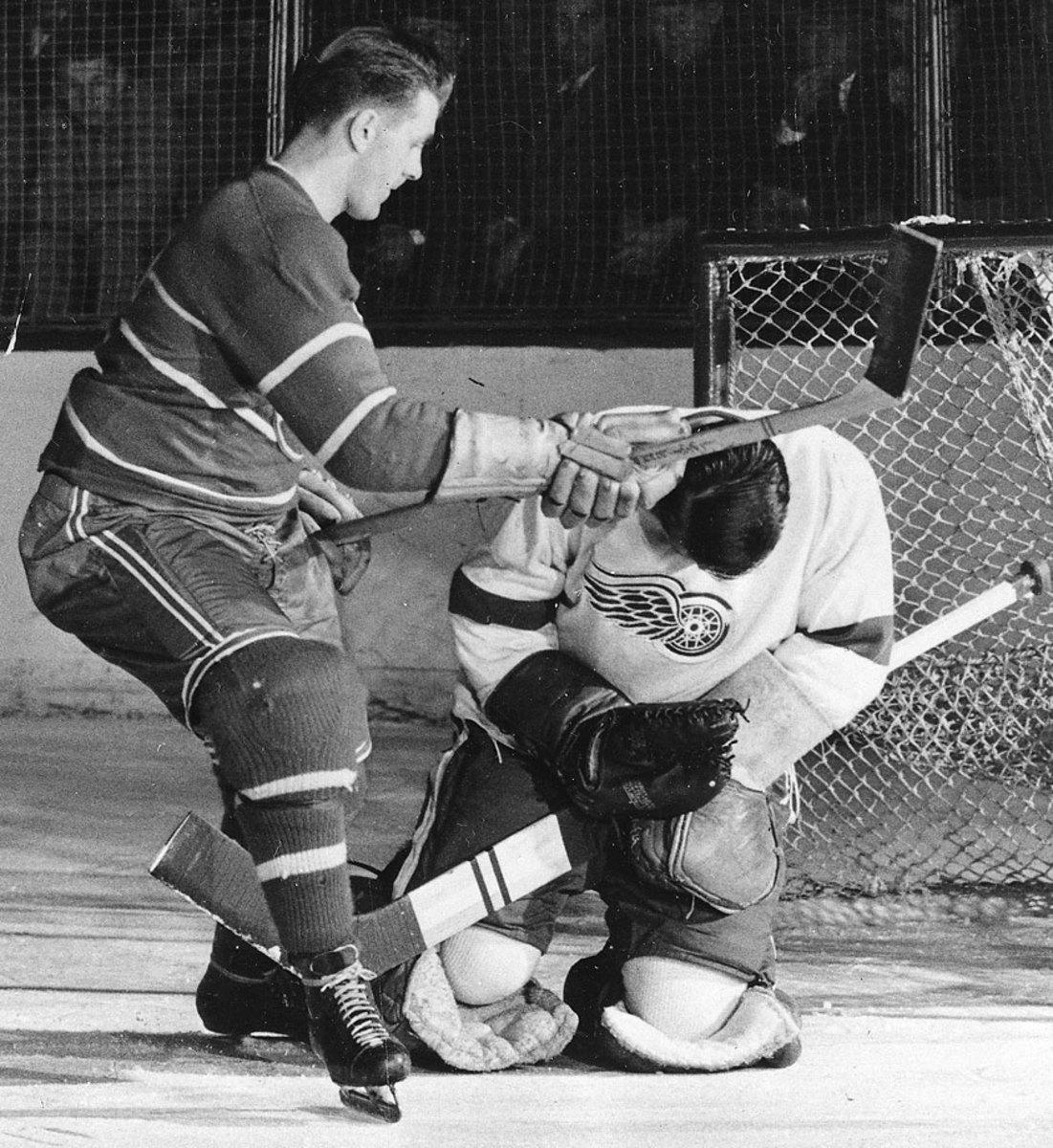
The Rocket was a god to French-speaking Canadiens. When the Montreal Canadiens star was suspended at the tail end of the 1954 season—and for the entire ’54 playoffs—after knocking out an official during a fight with the Boston Bruins, all of Quebec considered it a miscarriage of justice by Commissioner Clarence Campbell. There was rioting in Montreal, and when Campbell next appeared at the Montreal Forum he was pelted with debris, punched by an incensed fan and serenaded by thousands chanting “A bas Campbell,” (“Down with Campbell”). In this picture, Richard is delivering a blow to the head of Detroit goalie Terry Sawchuk in a 1950 game.
Babe Ruth (1922)
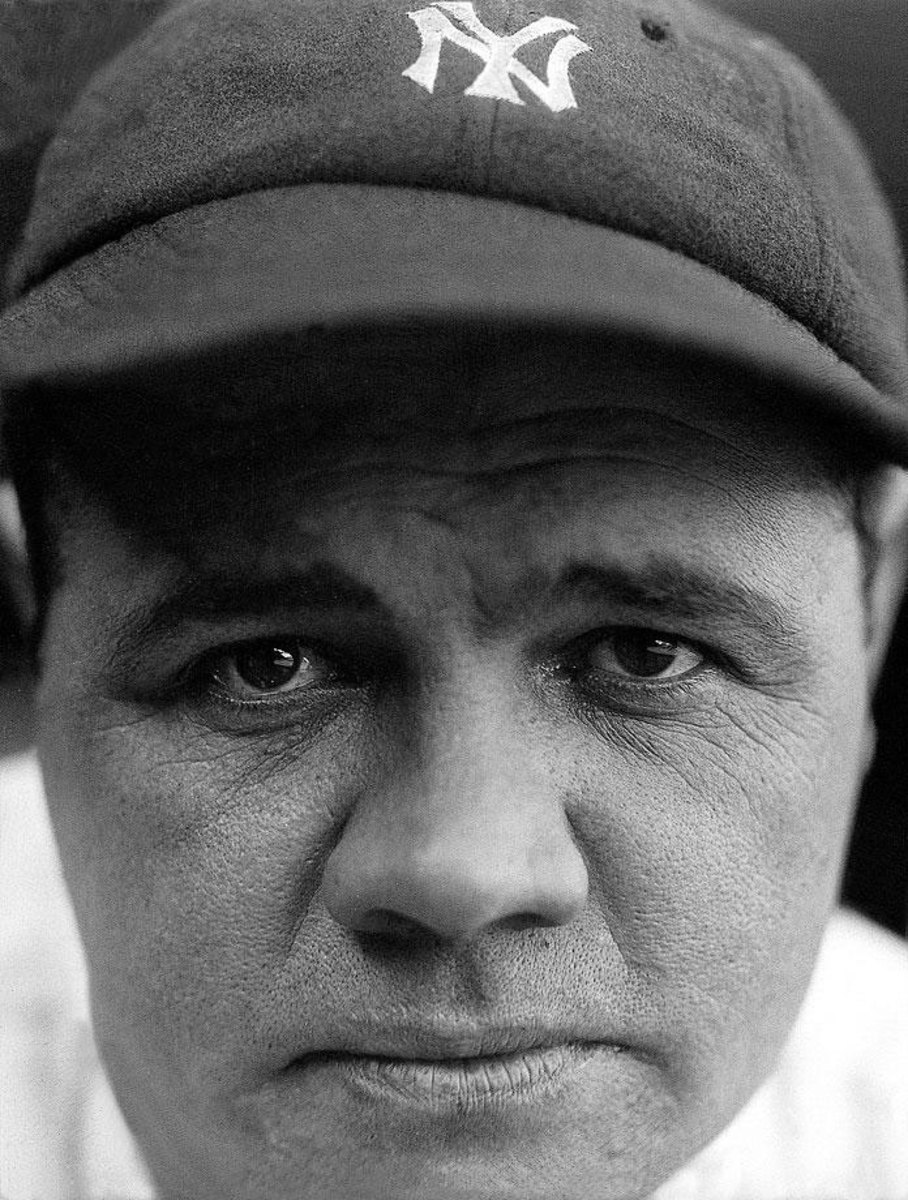
The Bambino was issued many suspensions during his picaresque 22-year career, but the longest was a six-week sit down at the start of the 1922 season ordered by Commissioner Kenesaw Mountain Landis after Ruth and other New York Yankees had participated in an unsanctioned barnstorming tour following the 1921 World Series. The decision helped fortify Landis’ powers as baseball’s first commissioner.
Ty Cobb (1912)
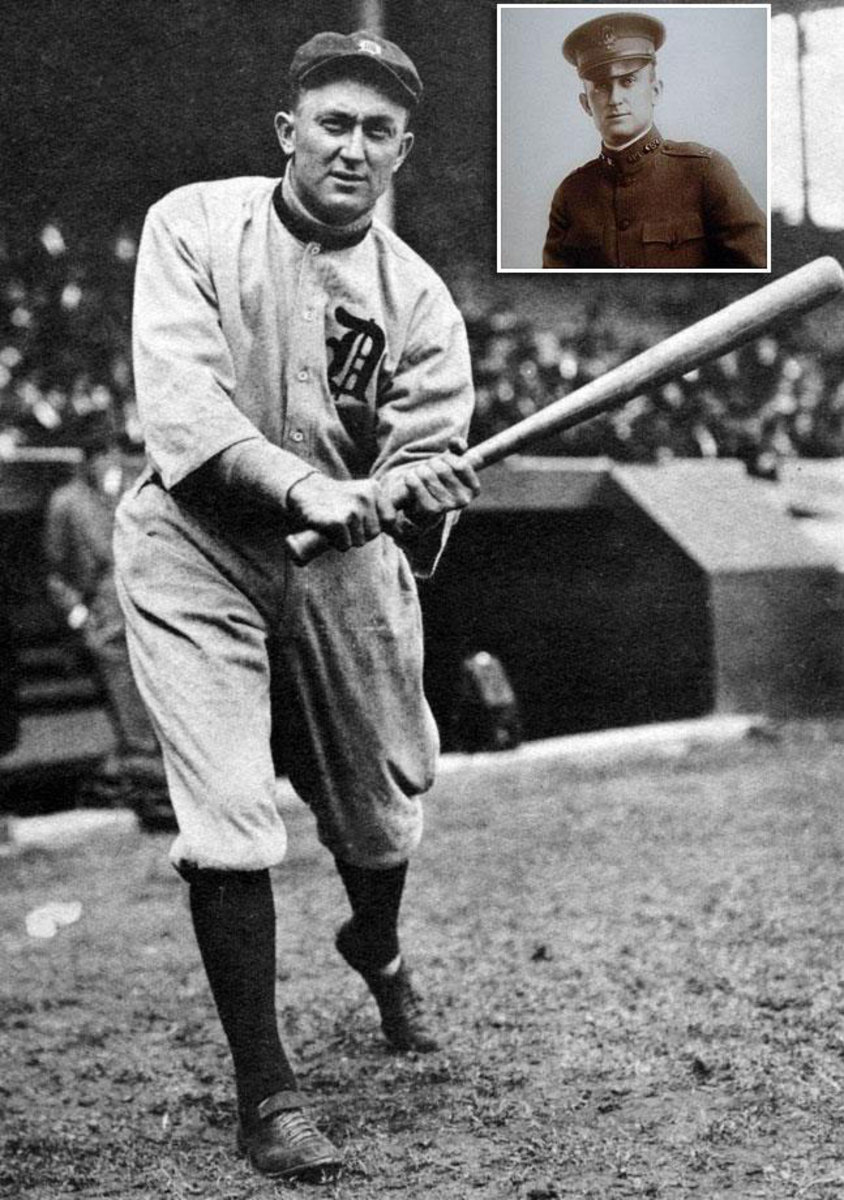
The Georgia Peach received an indefinite suspension from American League President Ban Johnson after going into the stands in New York to attack a fan who had been constantly jeering him. It turned out the man had no hands. Johnson settled on a 10-game suspension and $50 fine after Cobb’s Detroit Tigers teammates staged a protest strike, resulting in a 24-2 loss to the Philadelphia Athletics when Detroit had to play the game with amateurs.
Regardless of whether there is a second NFL hearing over Brady’s four-game suspension, the NFL would likely appeal Judge Berman vacating Brady’s suspension to the U.S. Court of Appeals for the Second Circuit. This would launch a process that would take months. And if the Second Circuit ultimately reverses Judge Berman, Brady would be required to serve his suspension at a later date. This could perhaps occur during a crucial point in the Patriots’ 2015 season or at the start of the 2016 season. To be sure, it’s possible that the NFL would not appeal to the Second Circuit, but that seems unlikely. Consider the enormous amounts of energy, time and money the league has already spent in pursuing its punishment of Brady. I have a hard time envisioning the NFL, one of the most litigious professional sports leagues around walking away from a legal fight.
Whether the NFL and NFLPA make any progress towards a settlement will be known by Aug. 31, the next court date in this litigation, Judge Berman has required both Brady and Goodell to attend court that day. It will be the most pivotal hearing yet since it will likely be the last one before a ruling. If no settlement is reached, Judge Berman is expected to issue a ruling by Sept. 4. And then the appeals would likely commence and the Deflategate saga would spill into the 2015 season.
Michael McCann is a Massachusetts attorney and the founding director of the Sports and Entertainment Law Institute at the University of New Hampshire School of Law. In the fall 2015 semester, he will teach an undergraduate course at UNH titled “Deflategate.” McCann is also the distinguished visiting Hall of Fame Professor of Law at Mississippi College School of Law and he teaches “Intellectual Property Law in Sports” in the Oregon Law Sports Law Institute.
